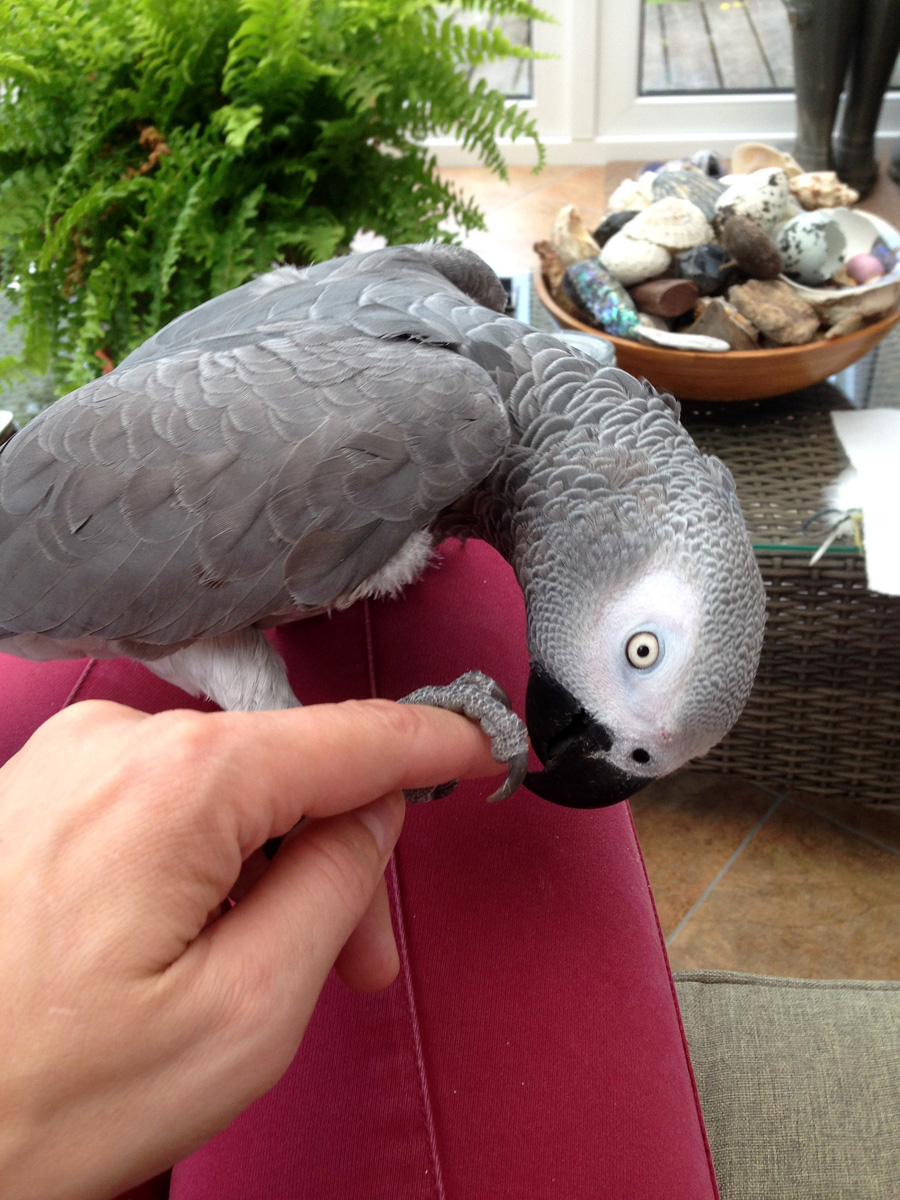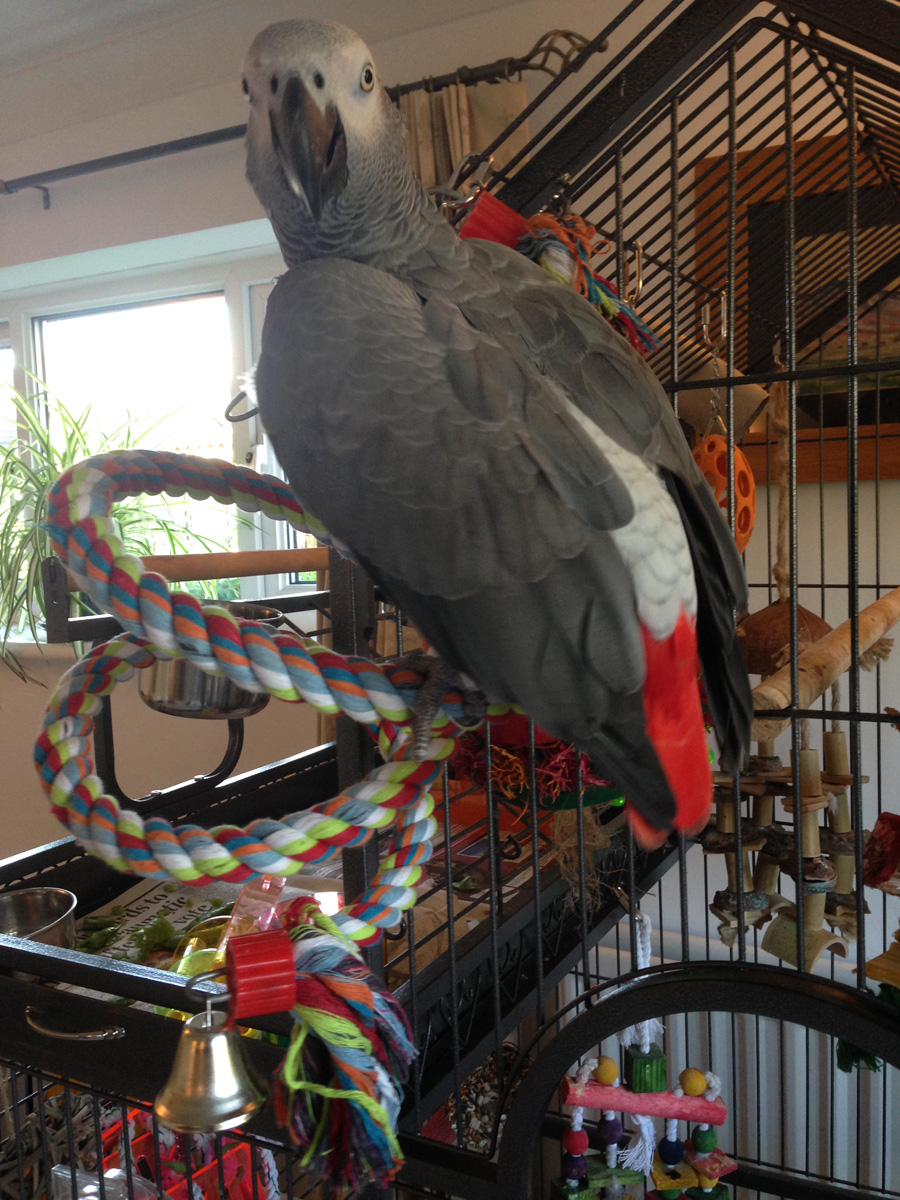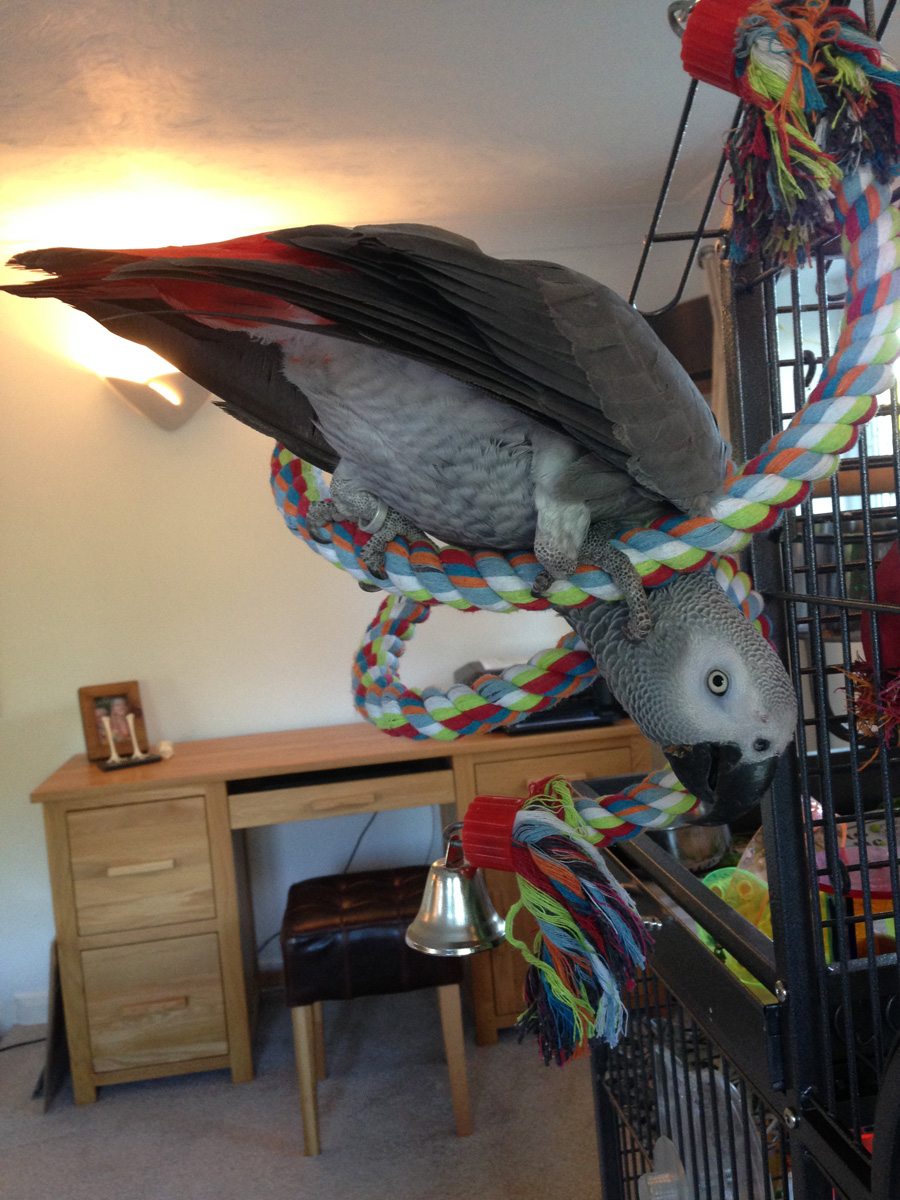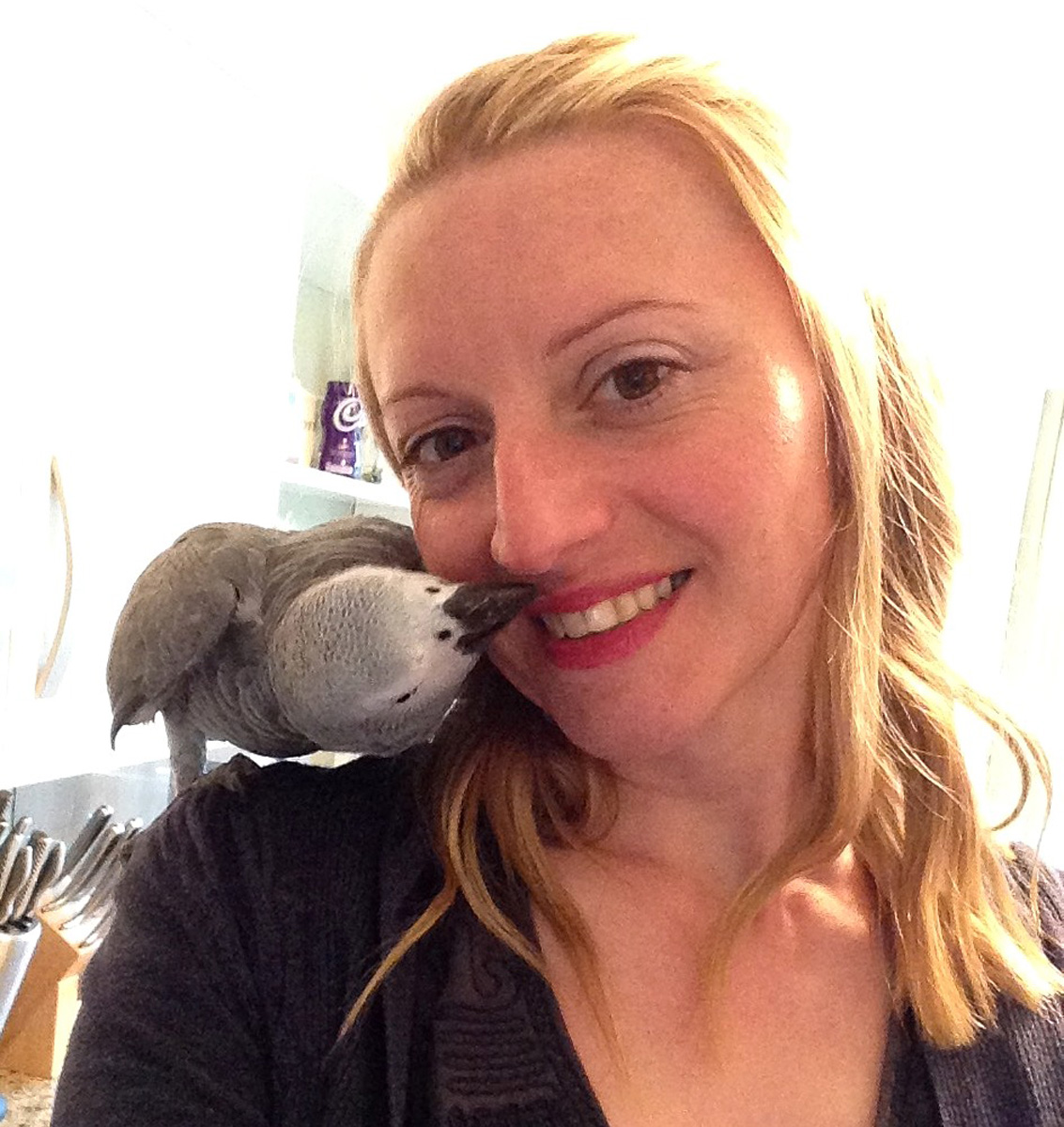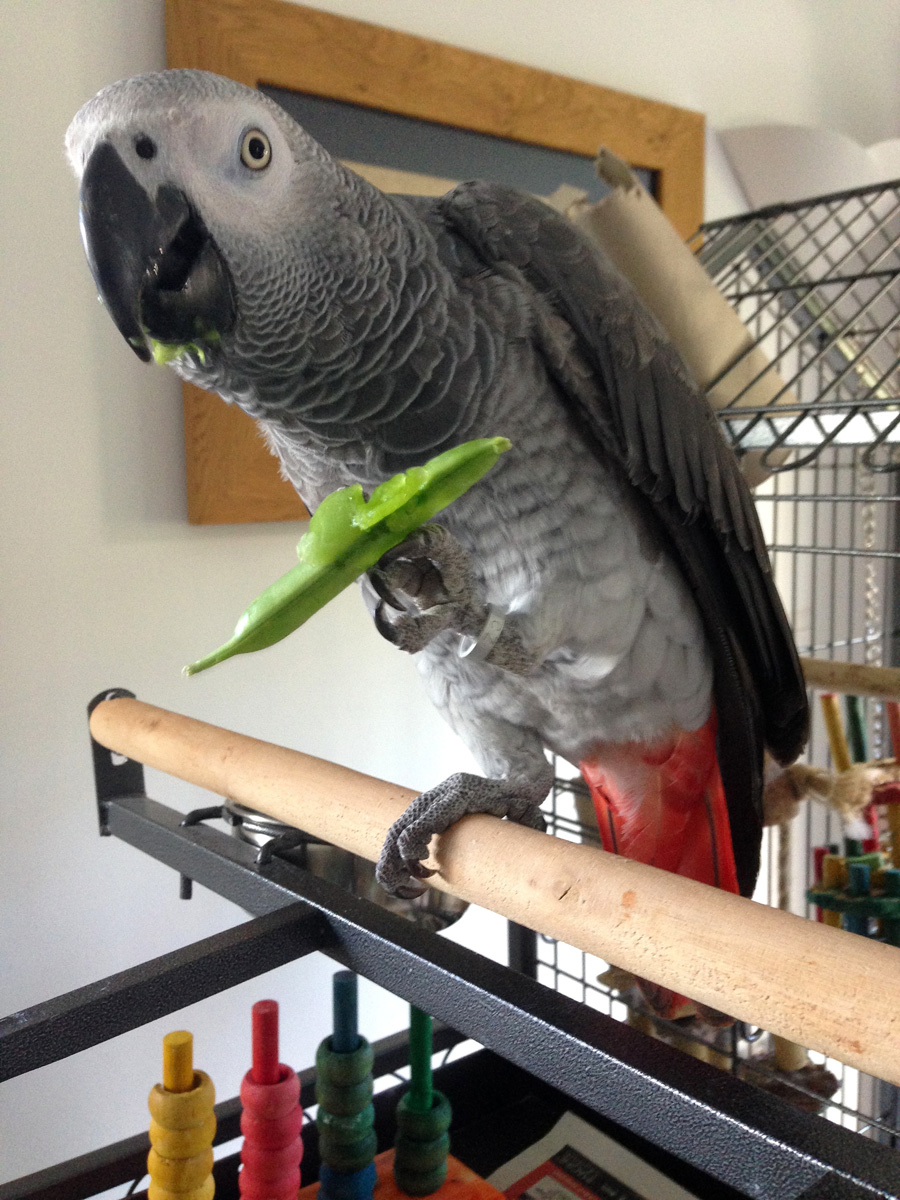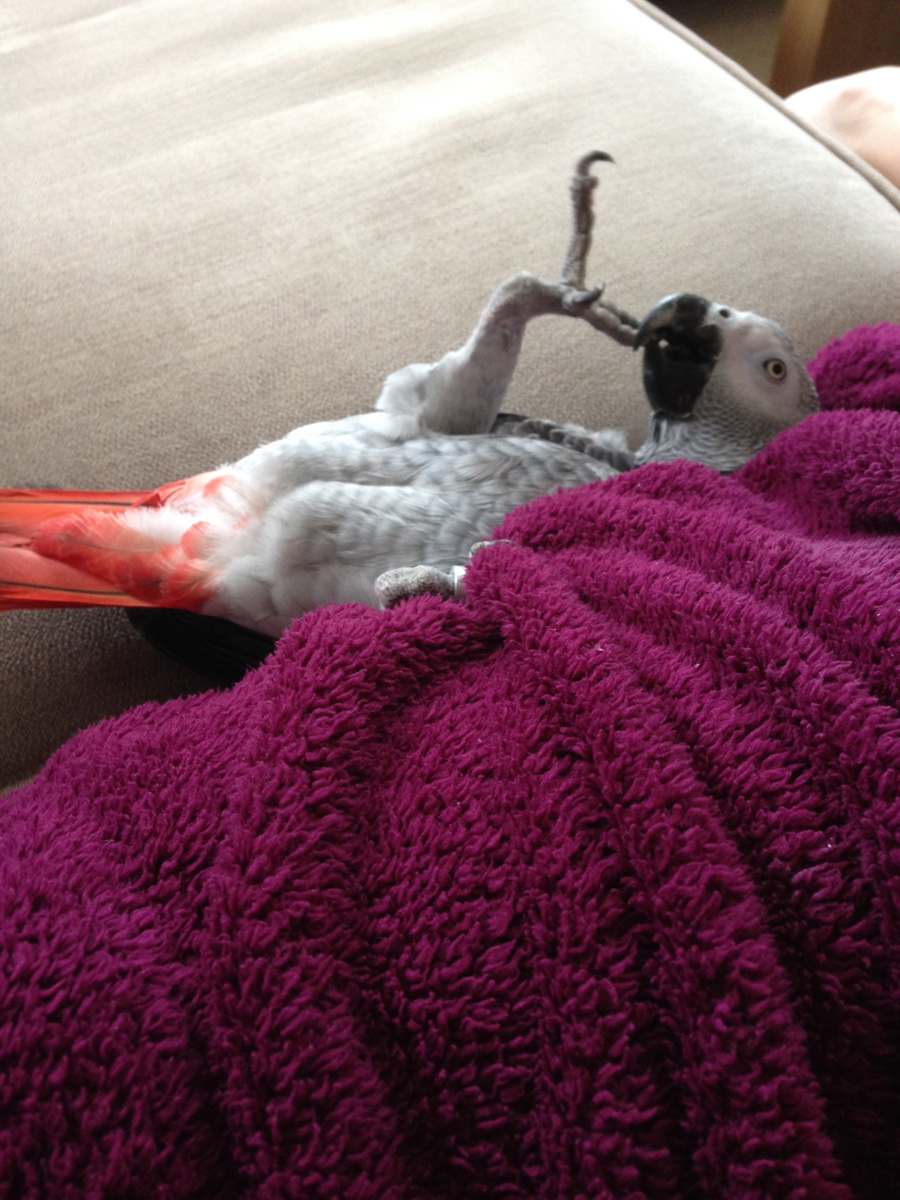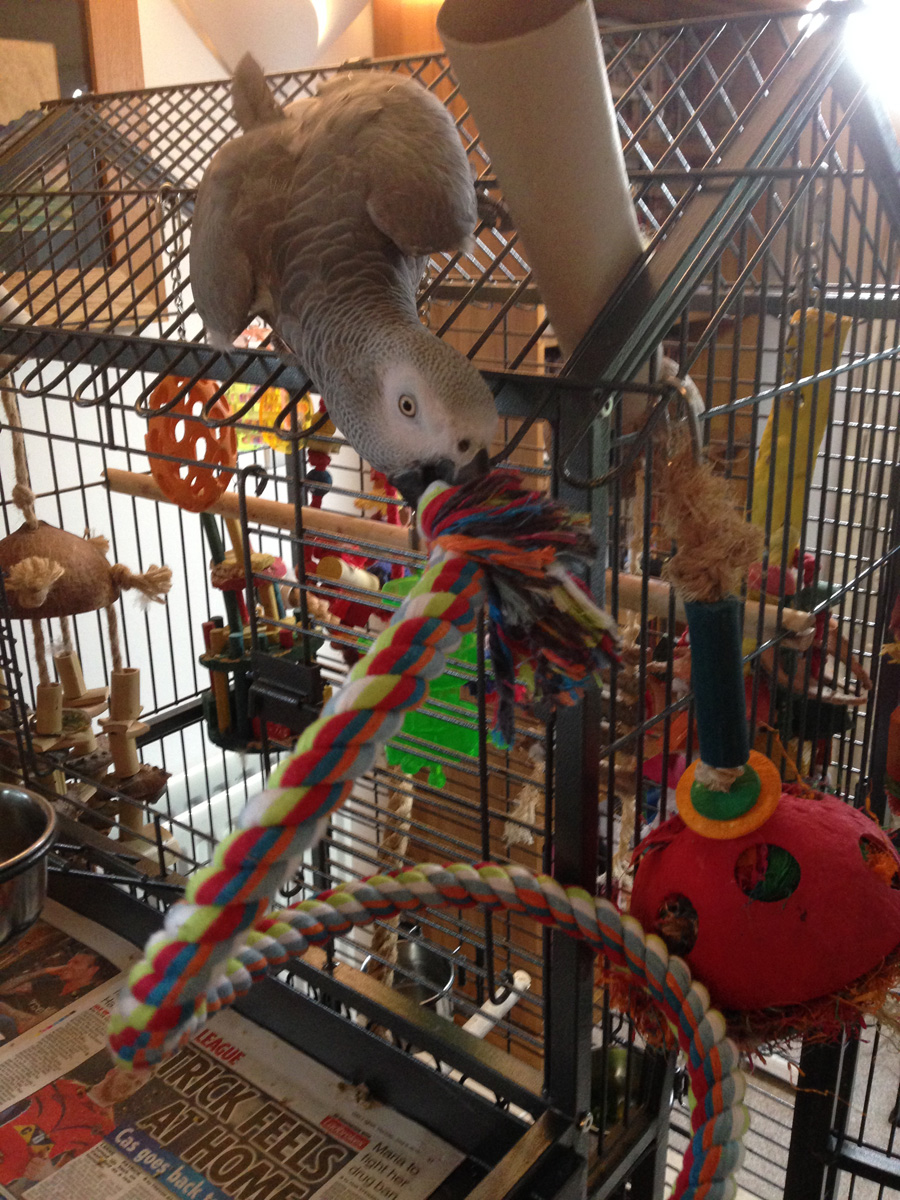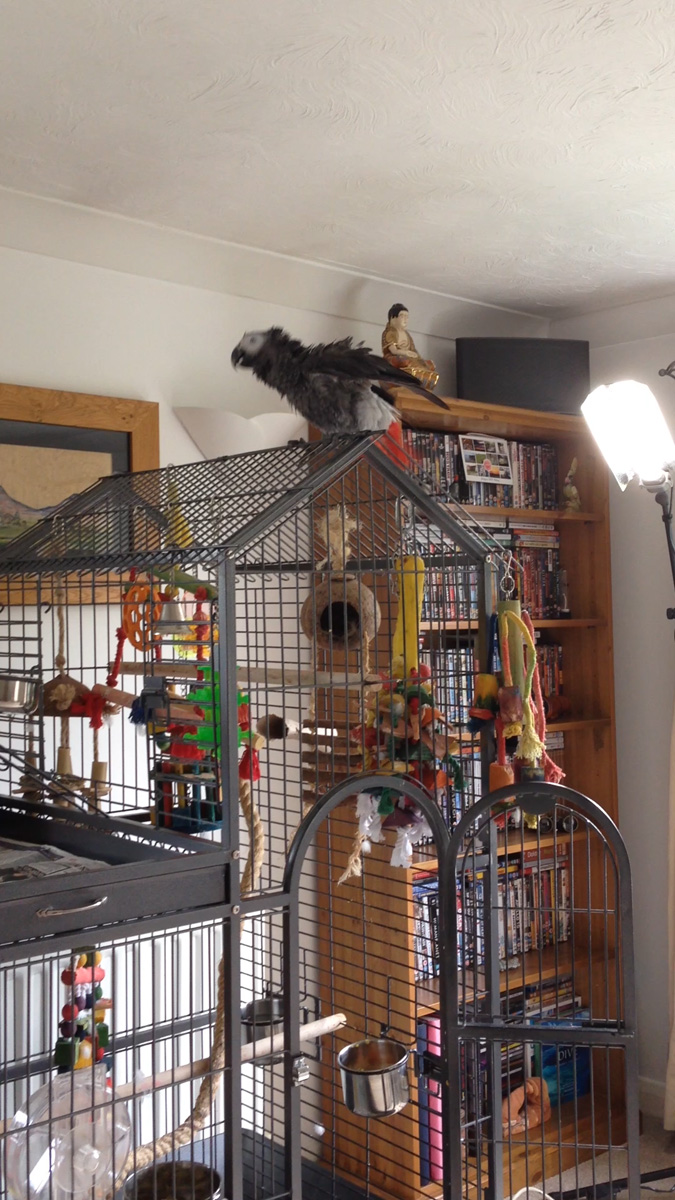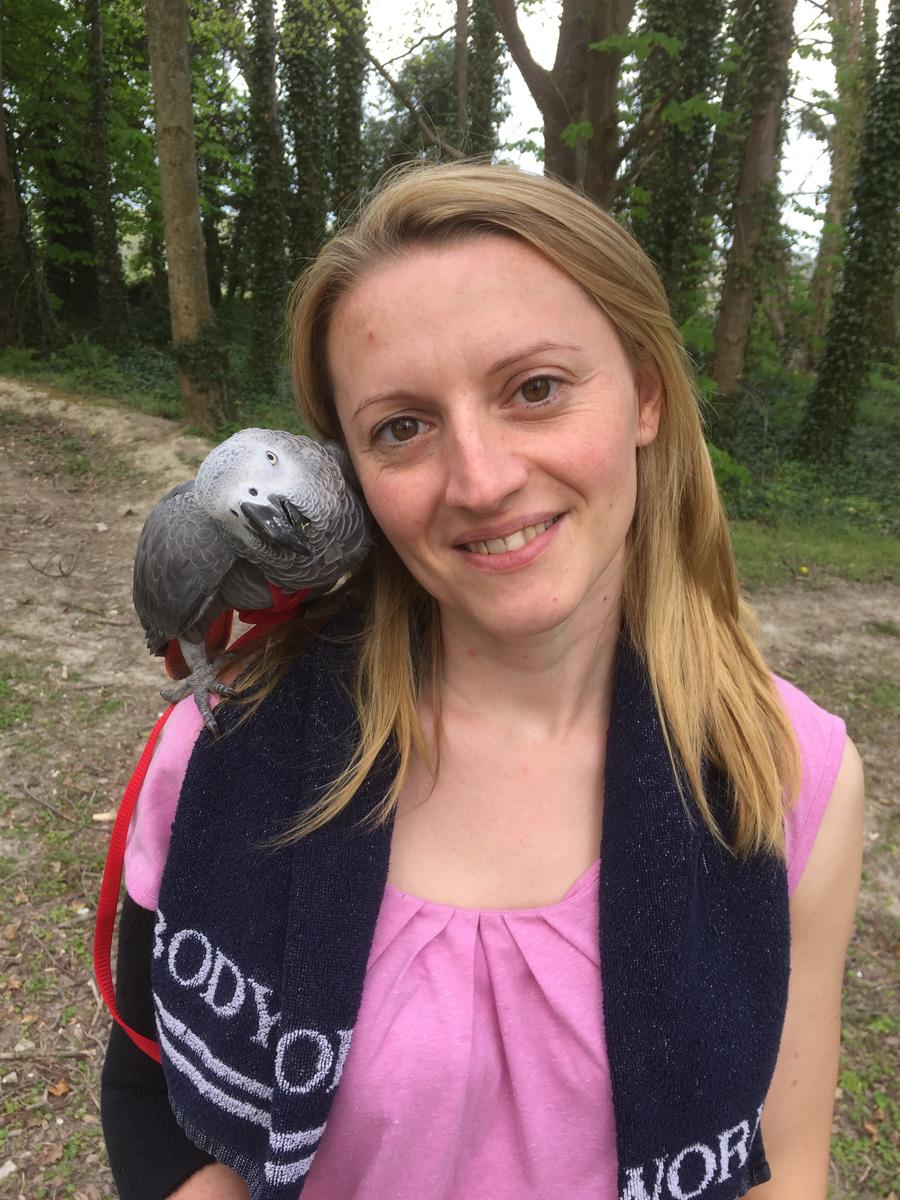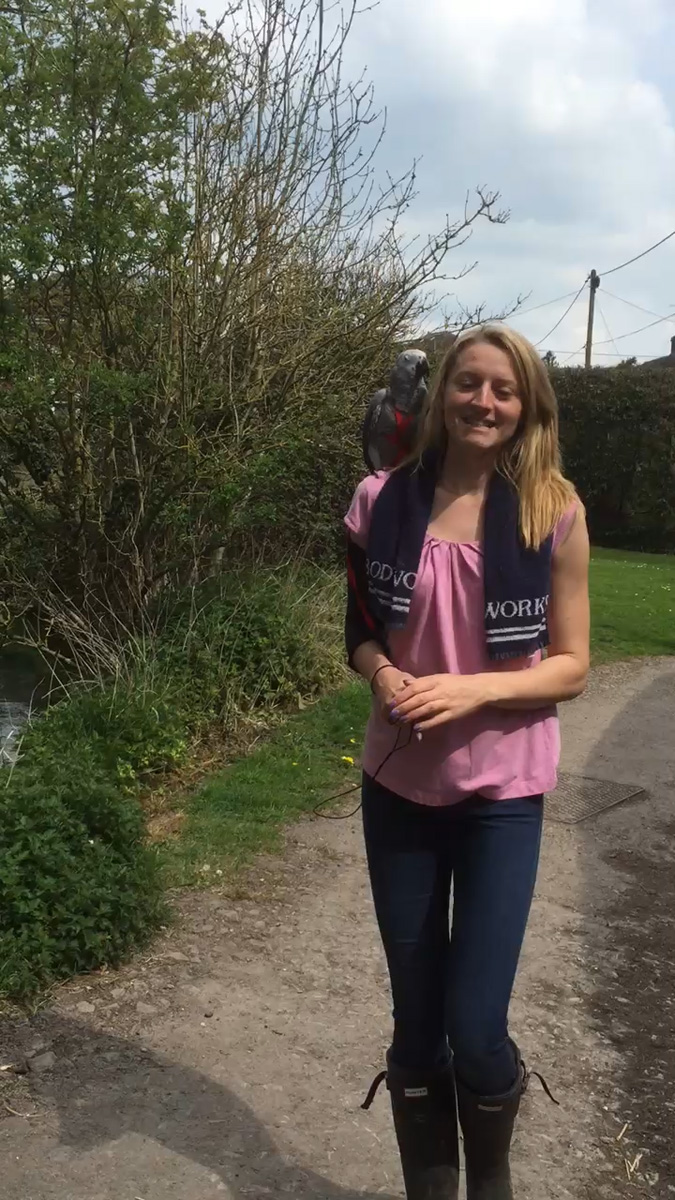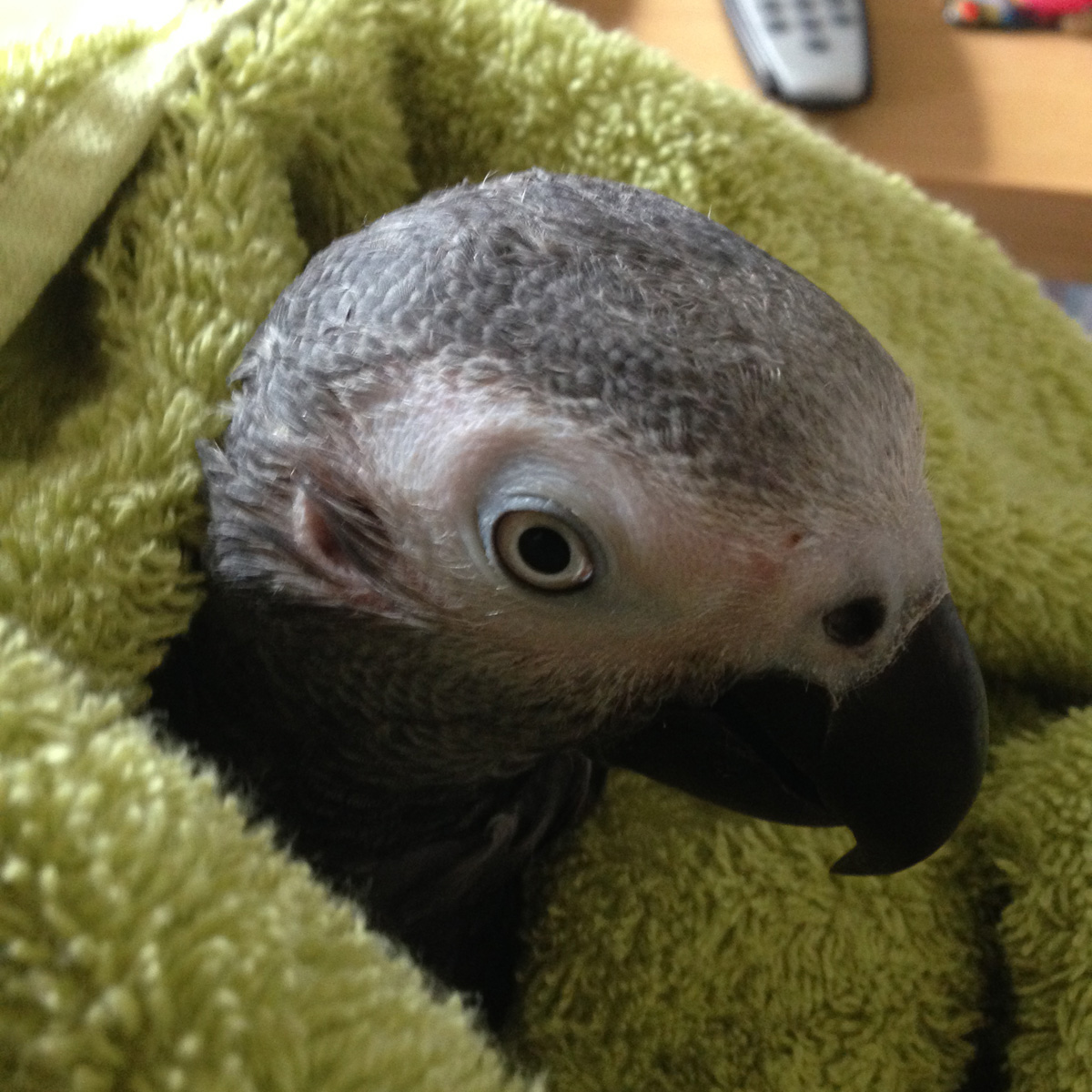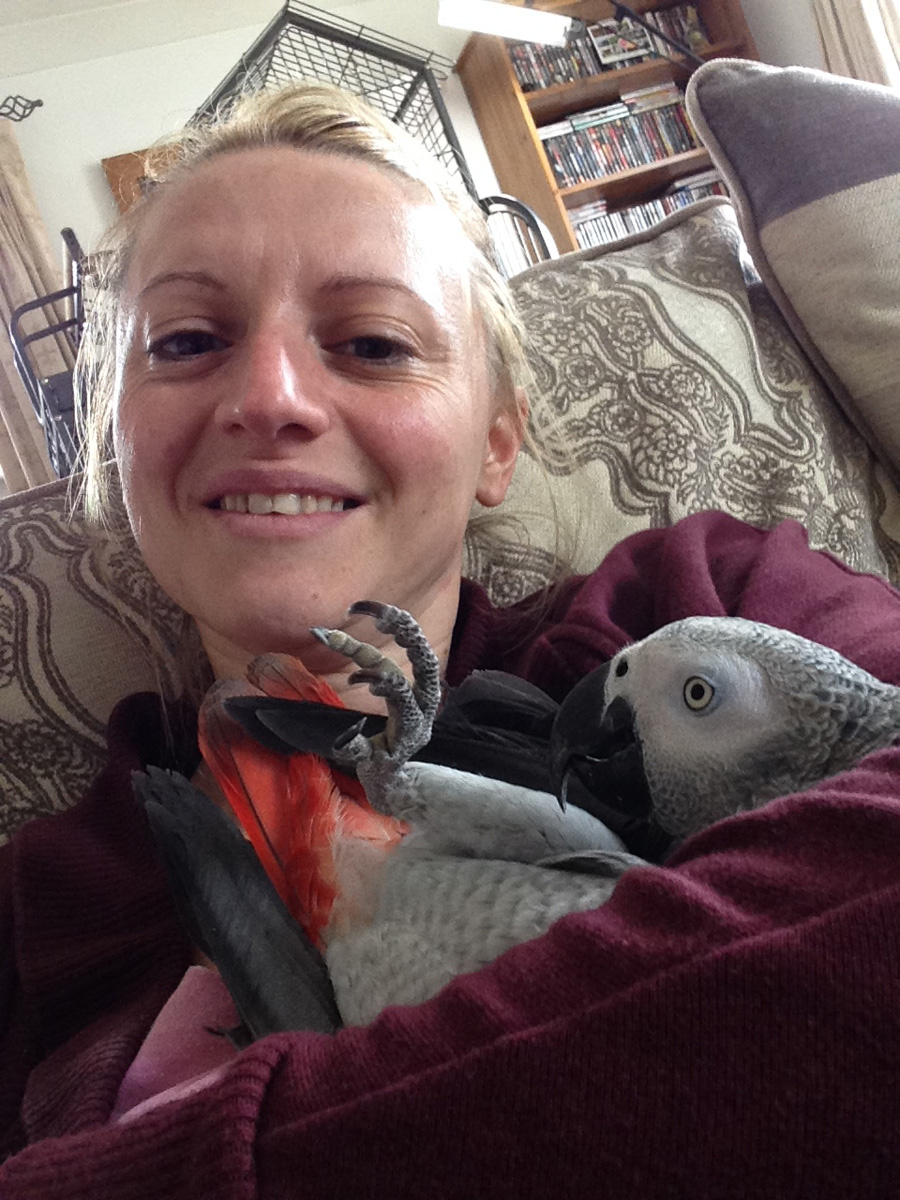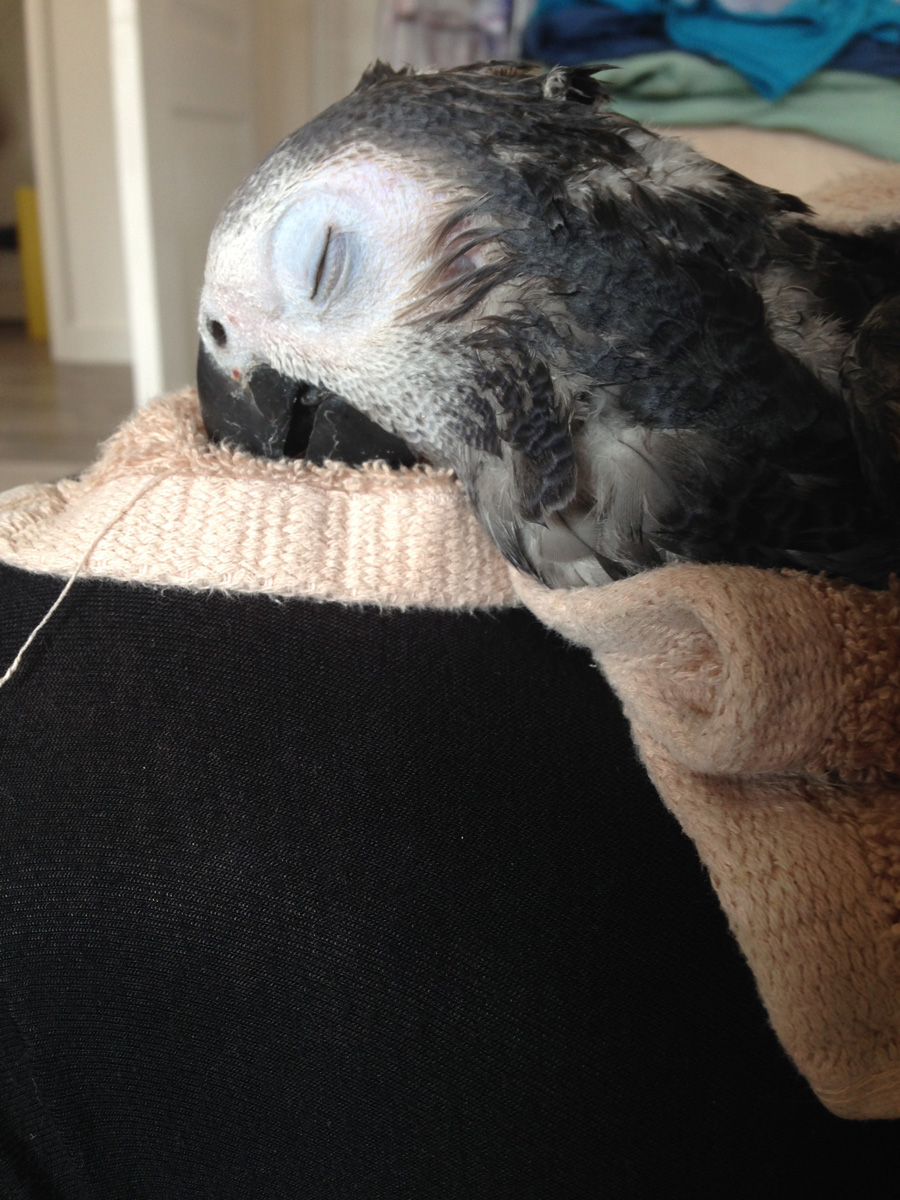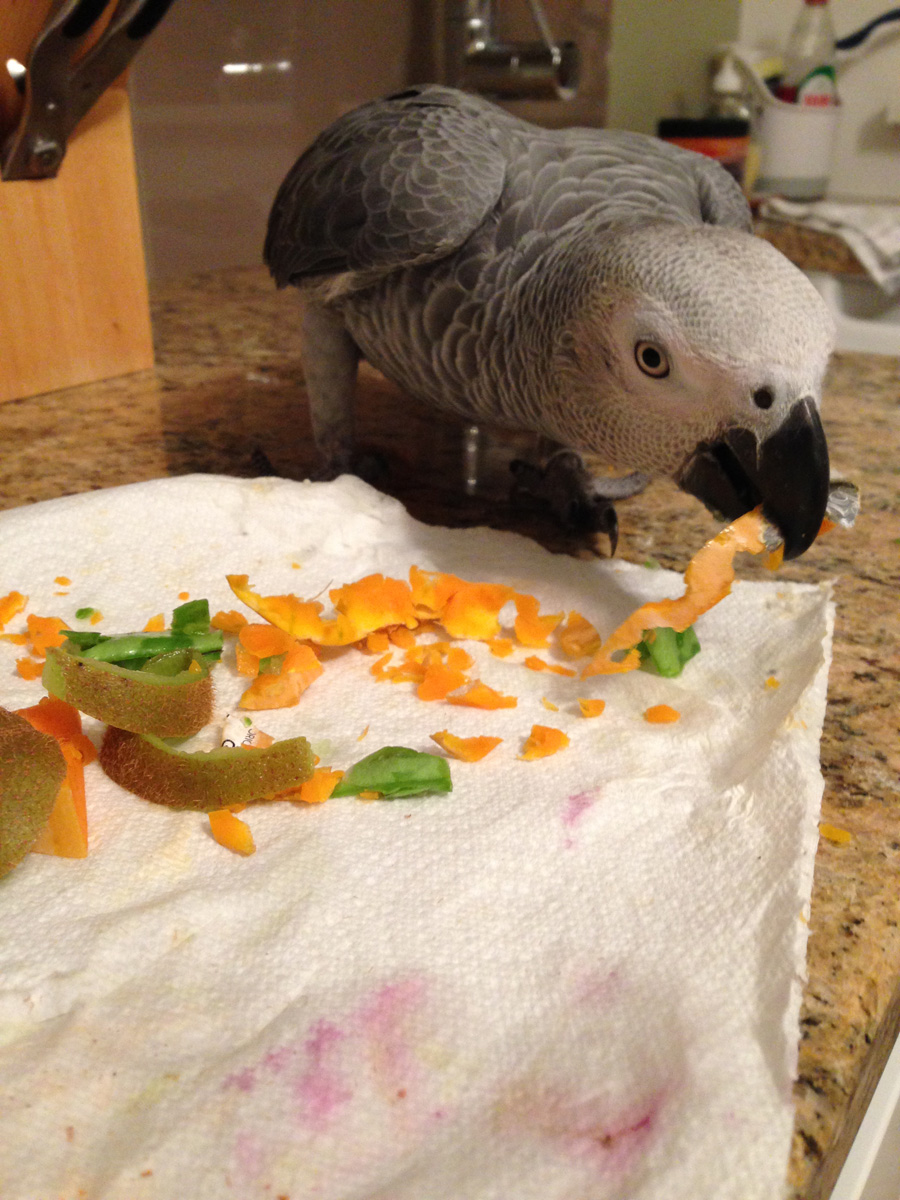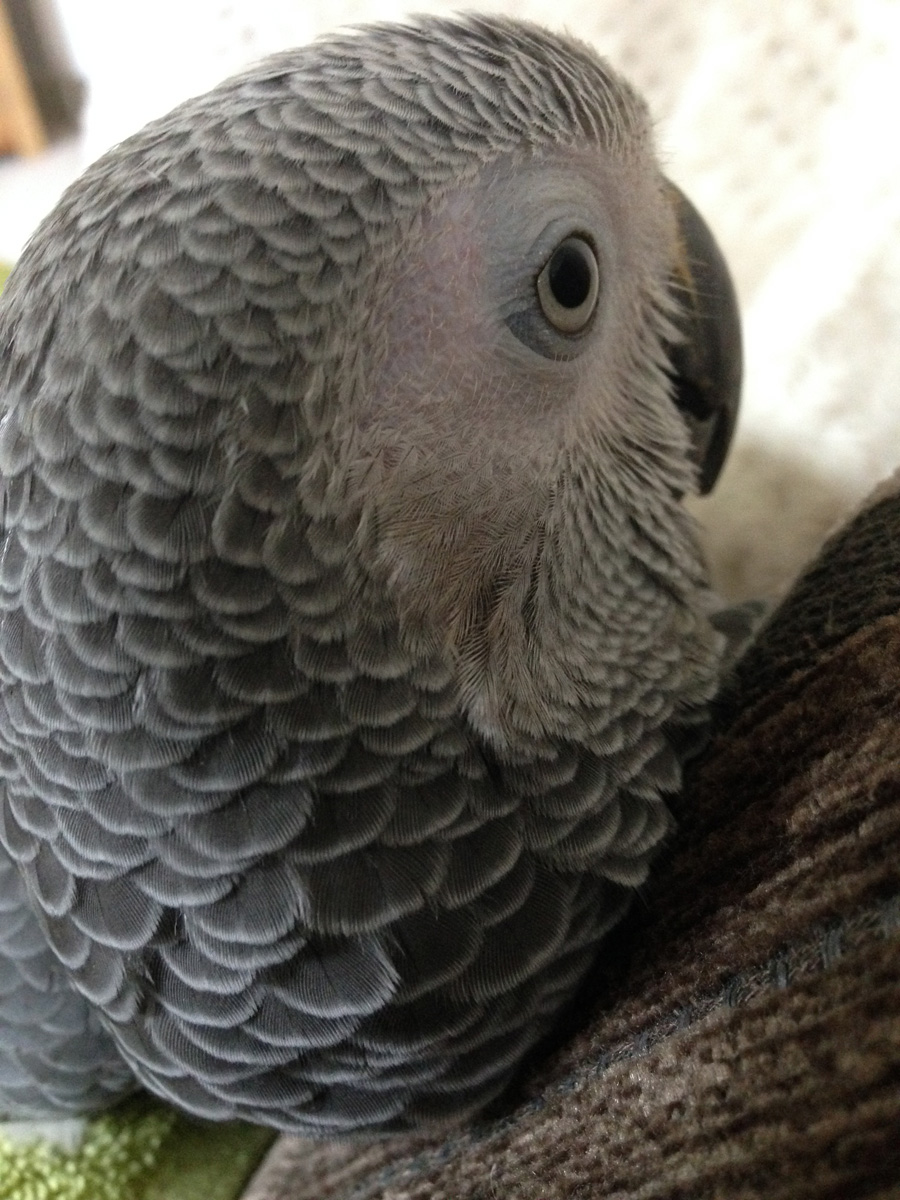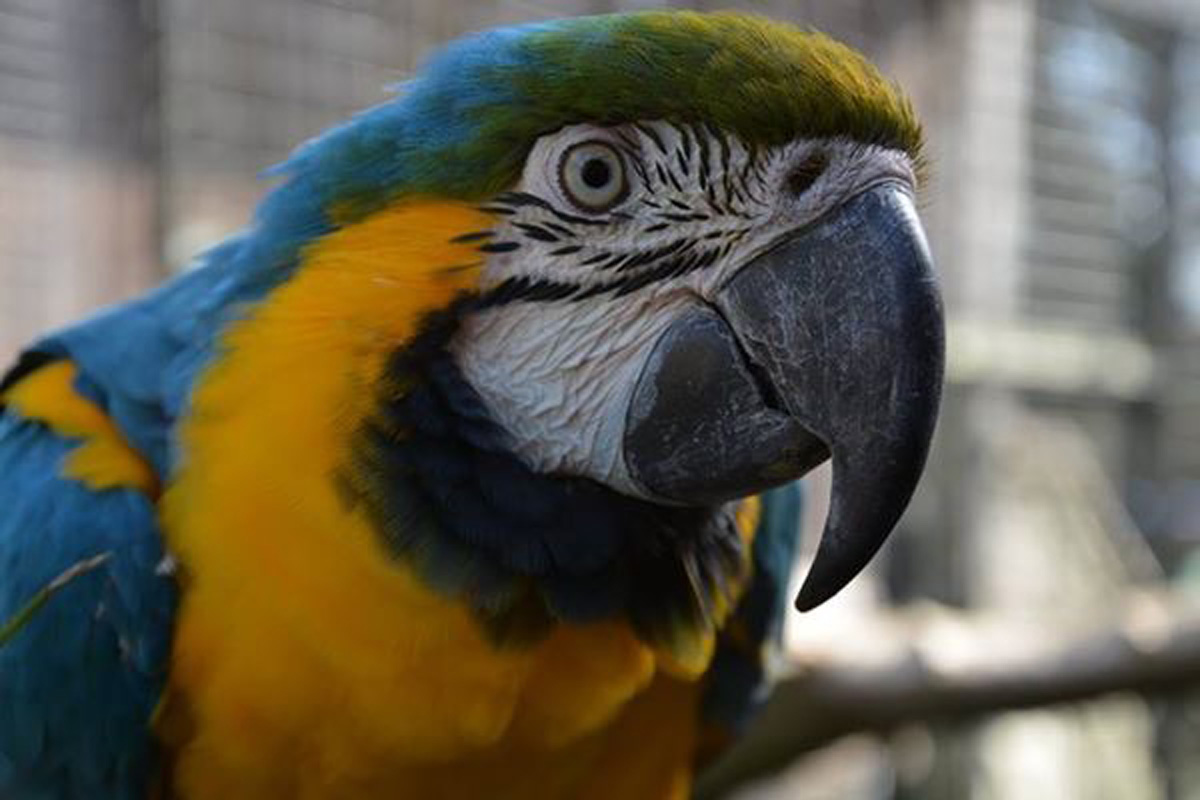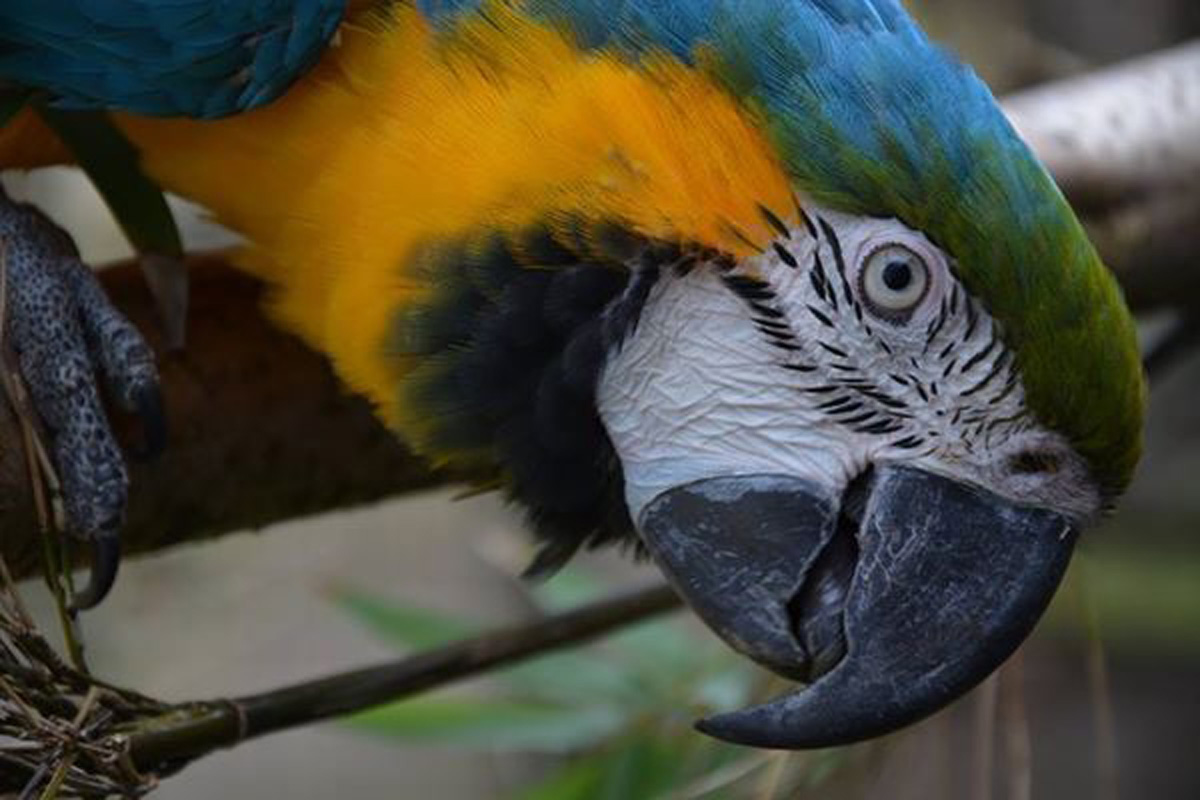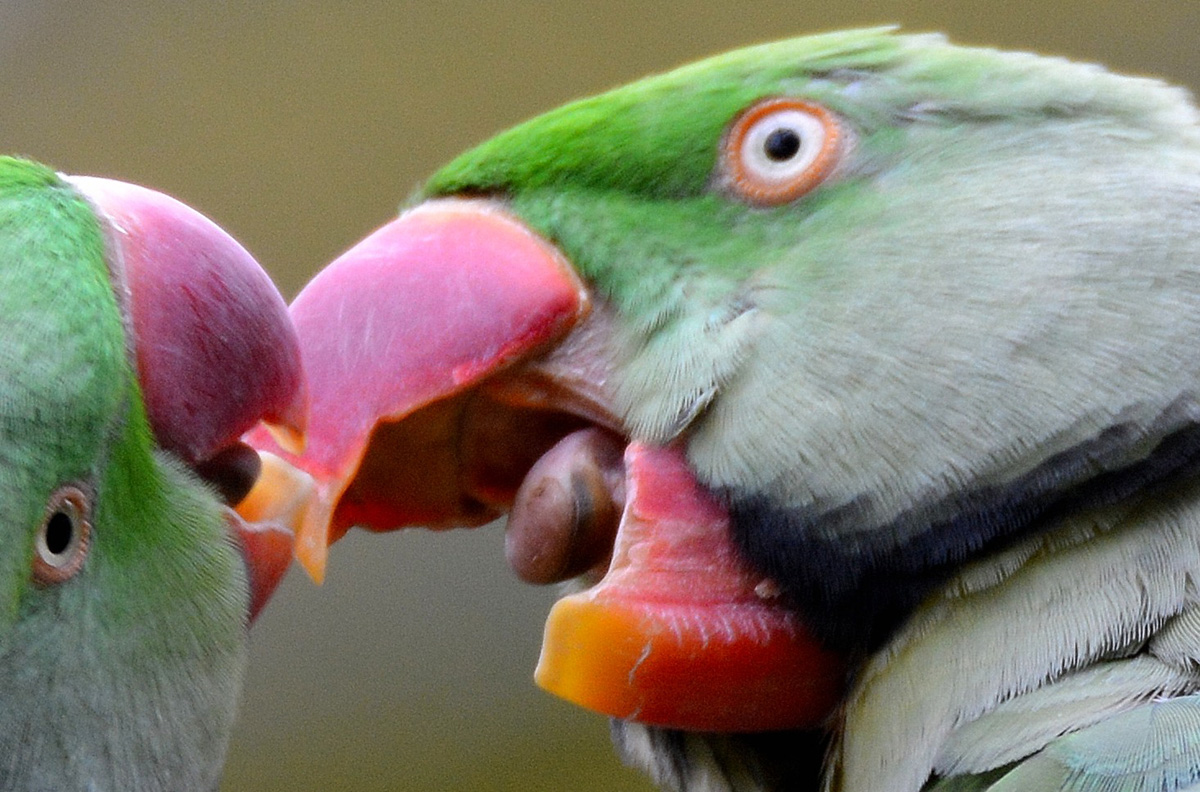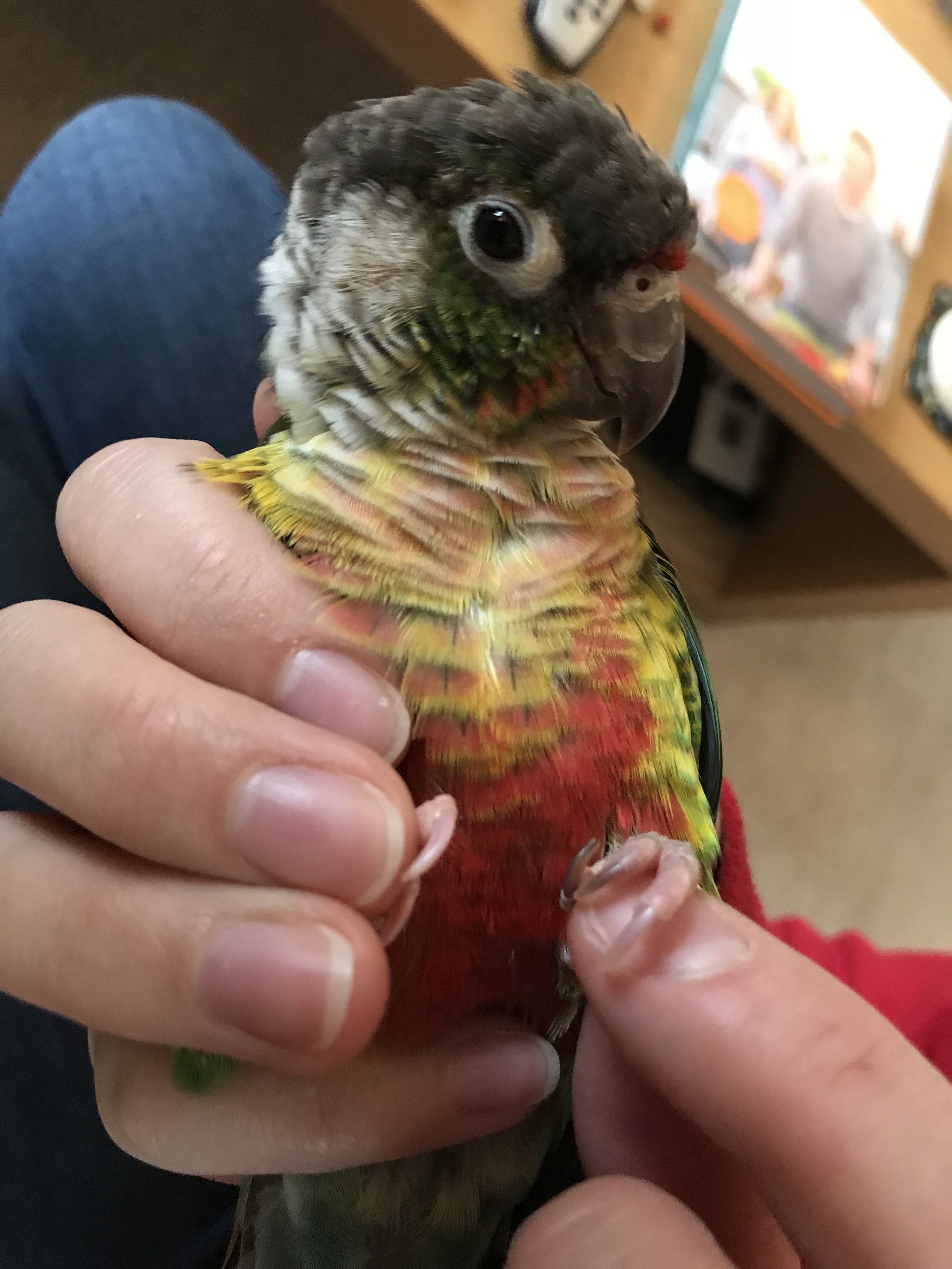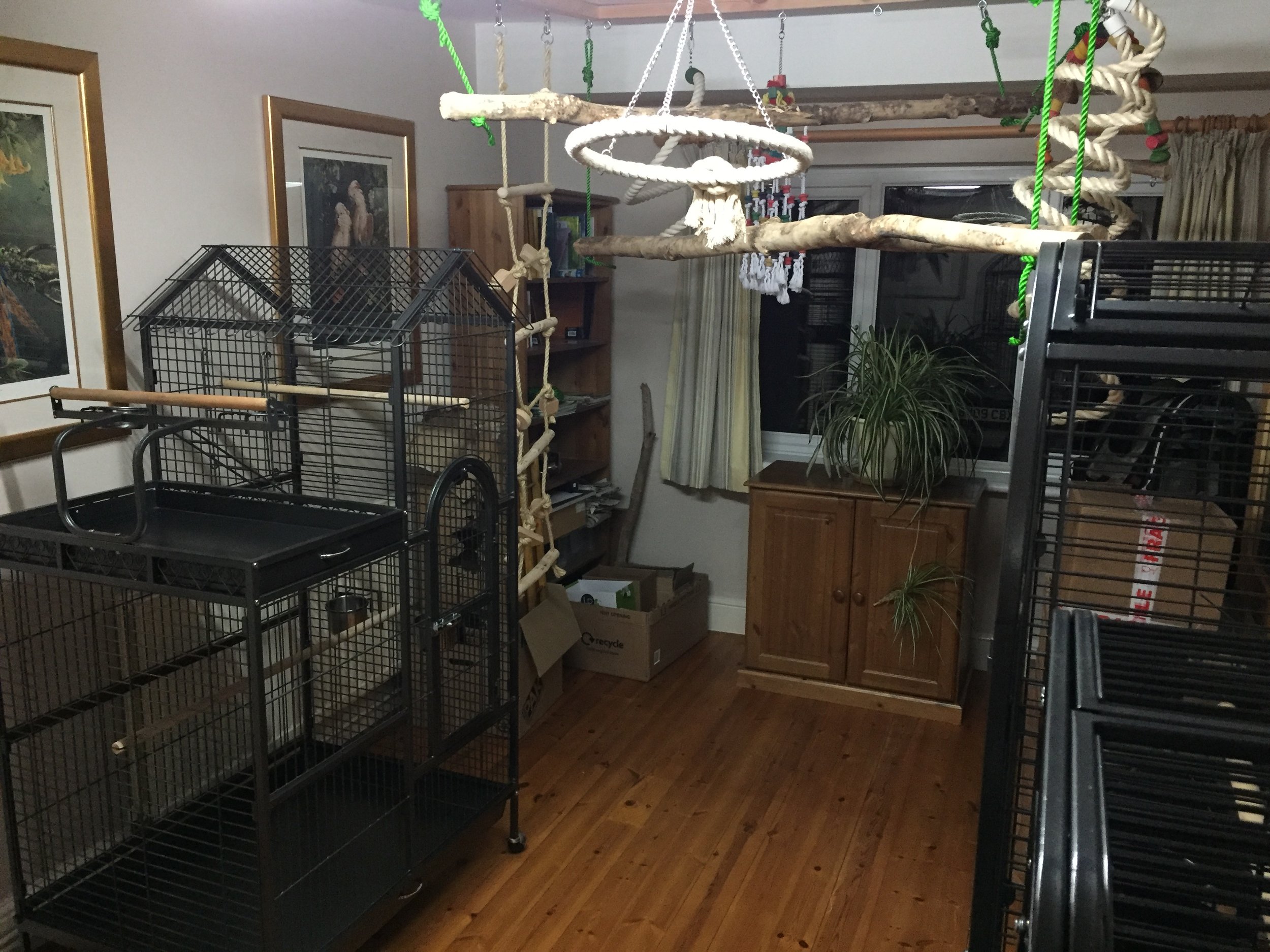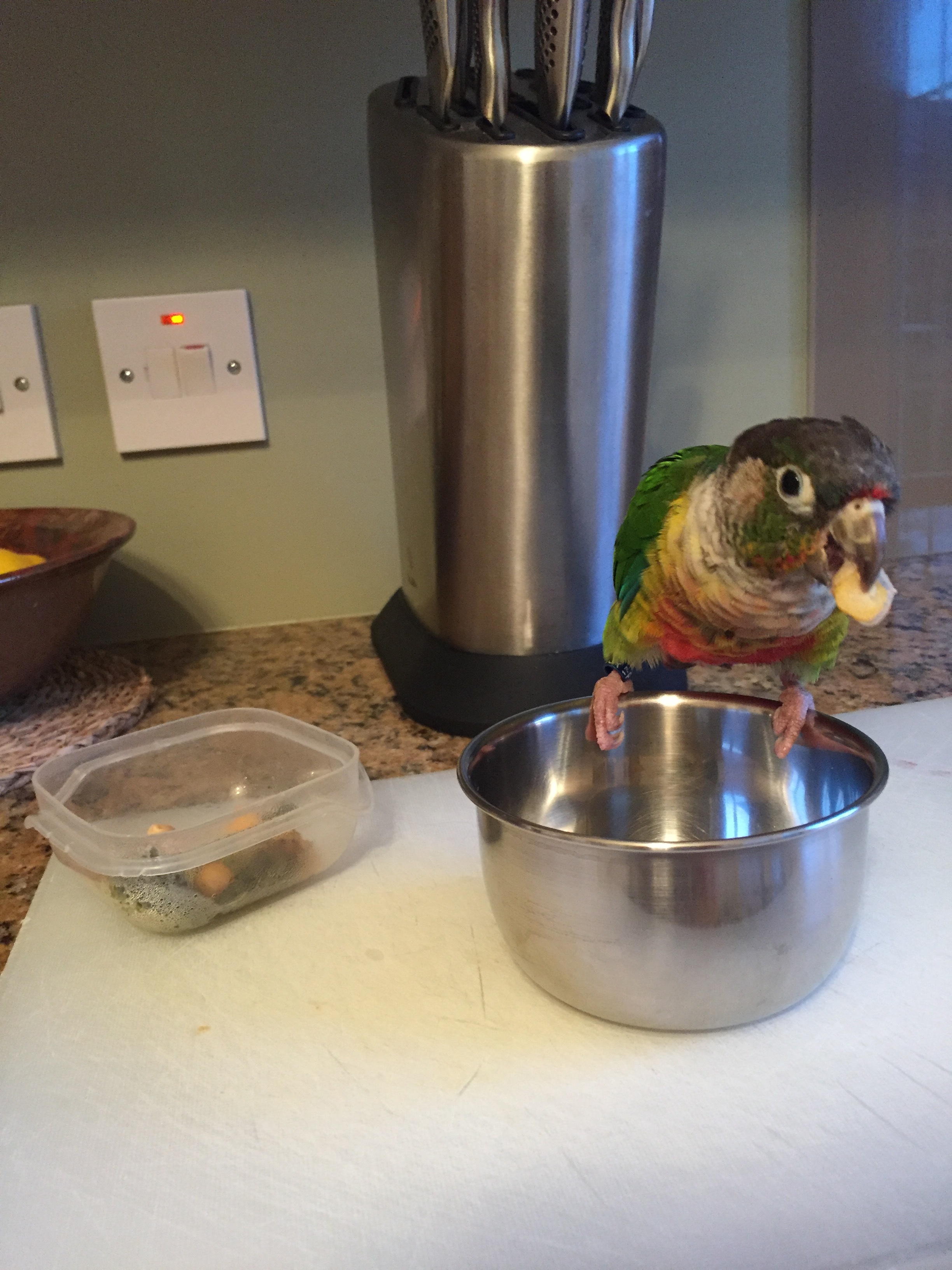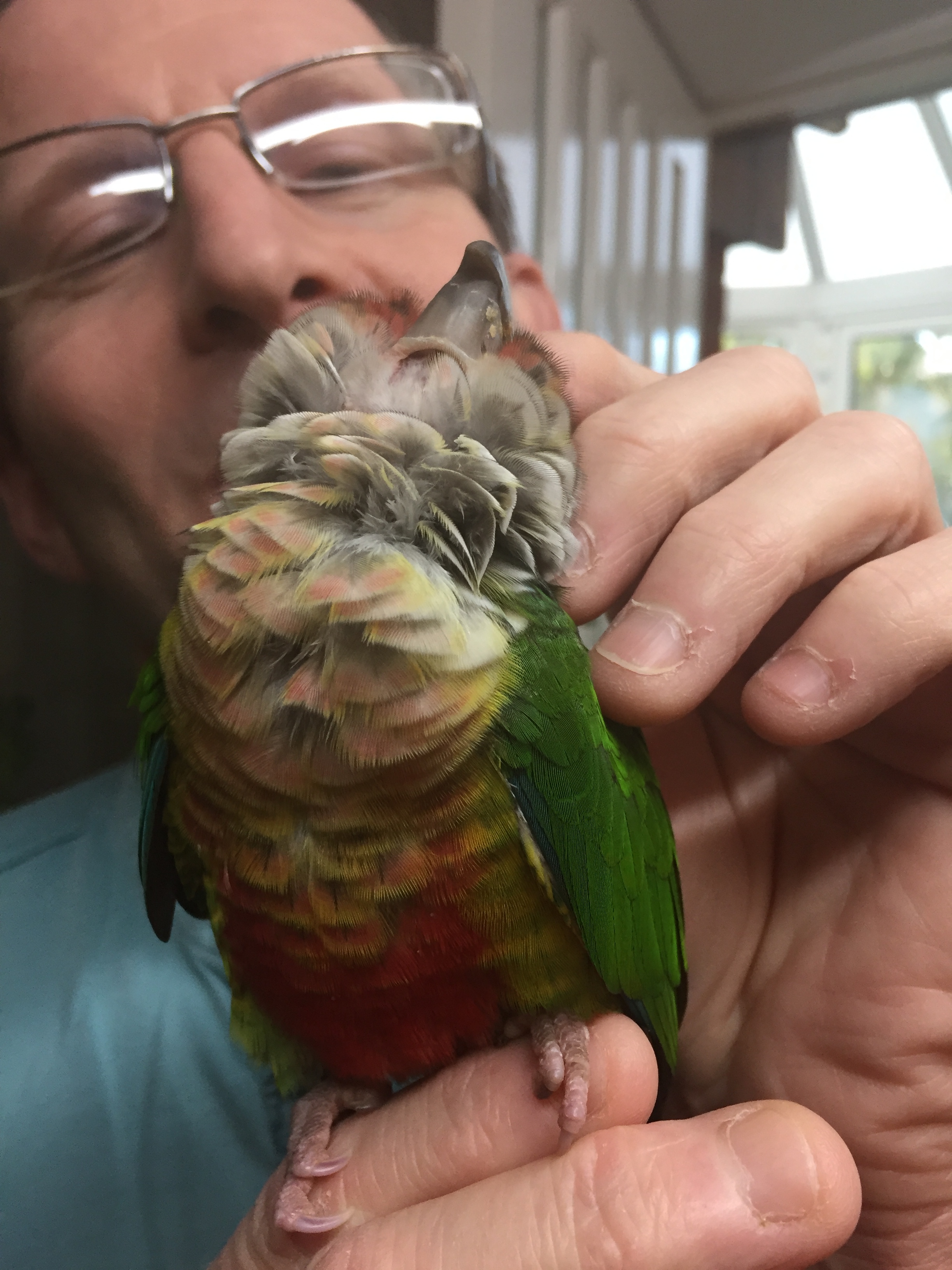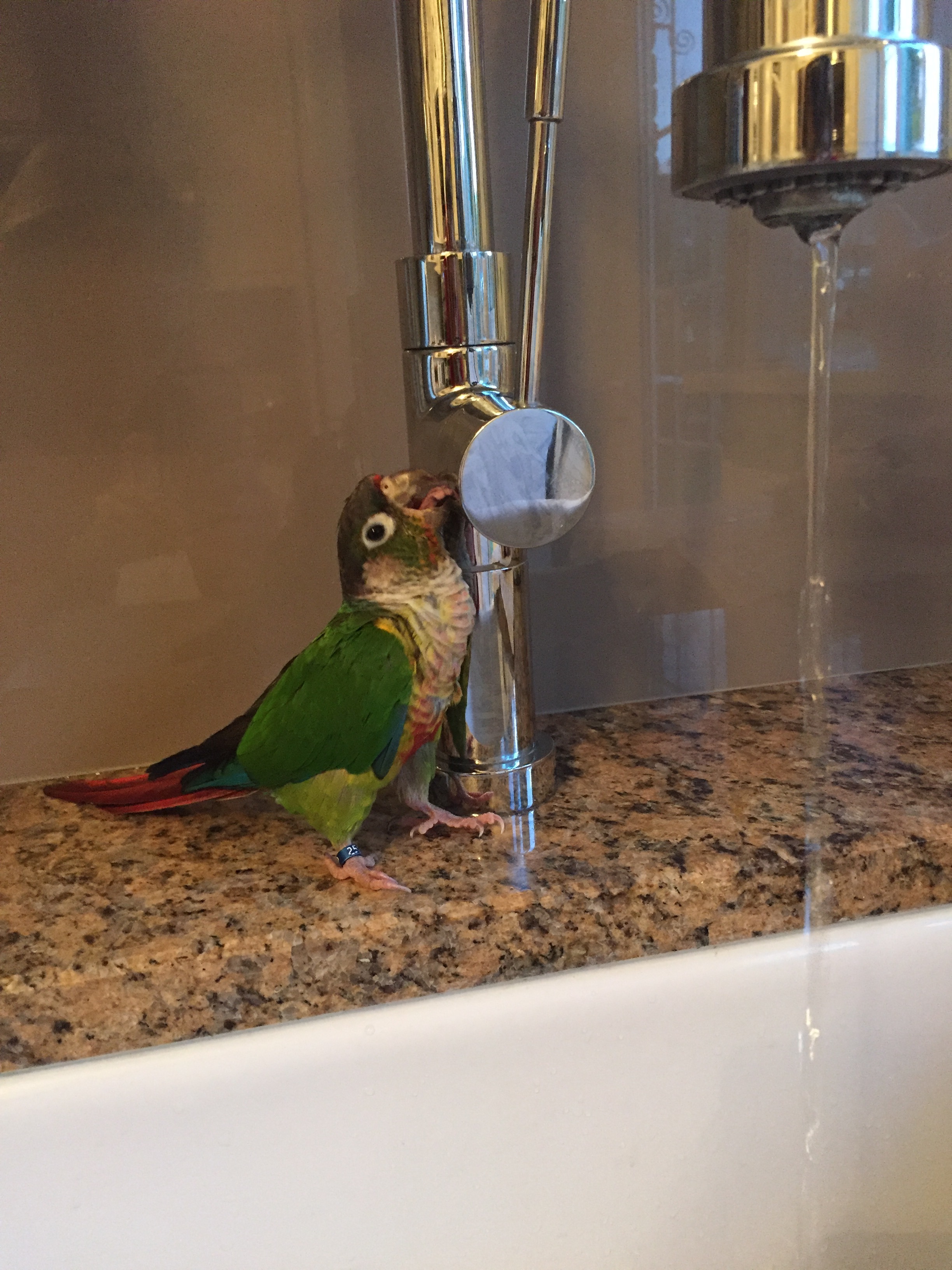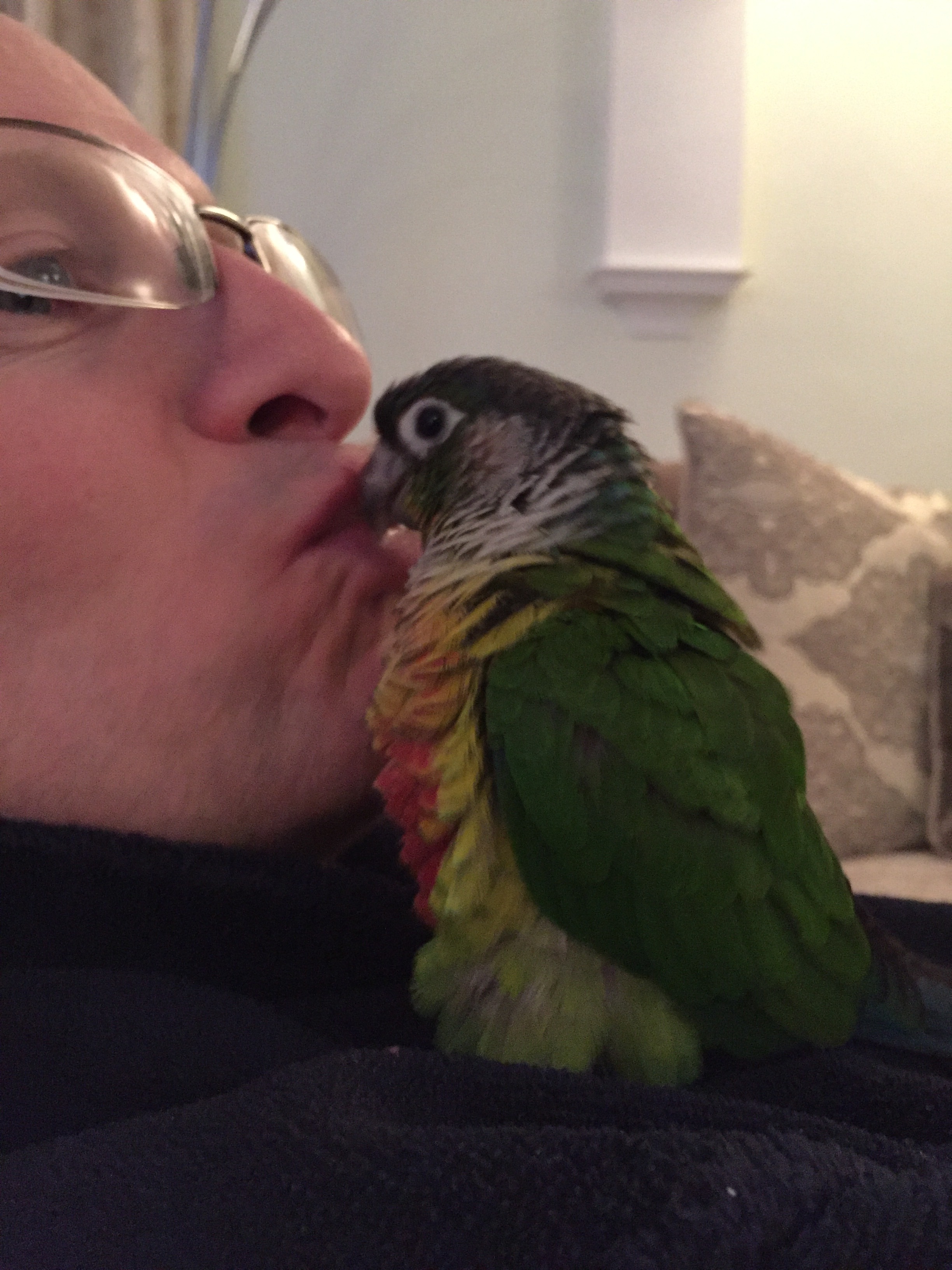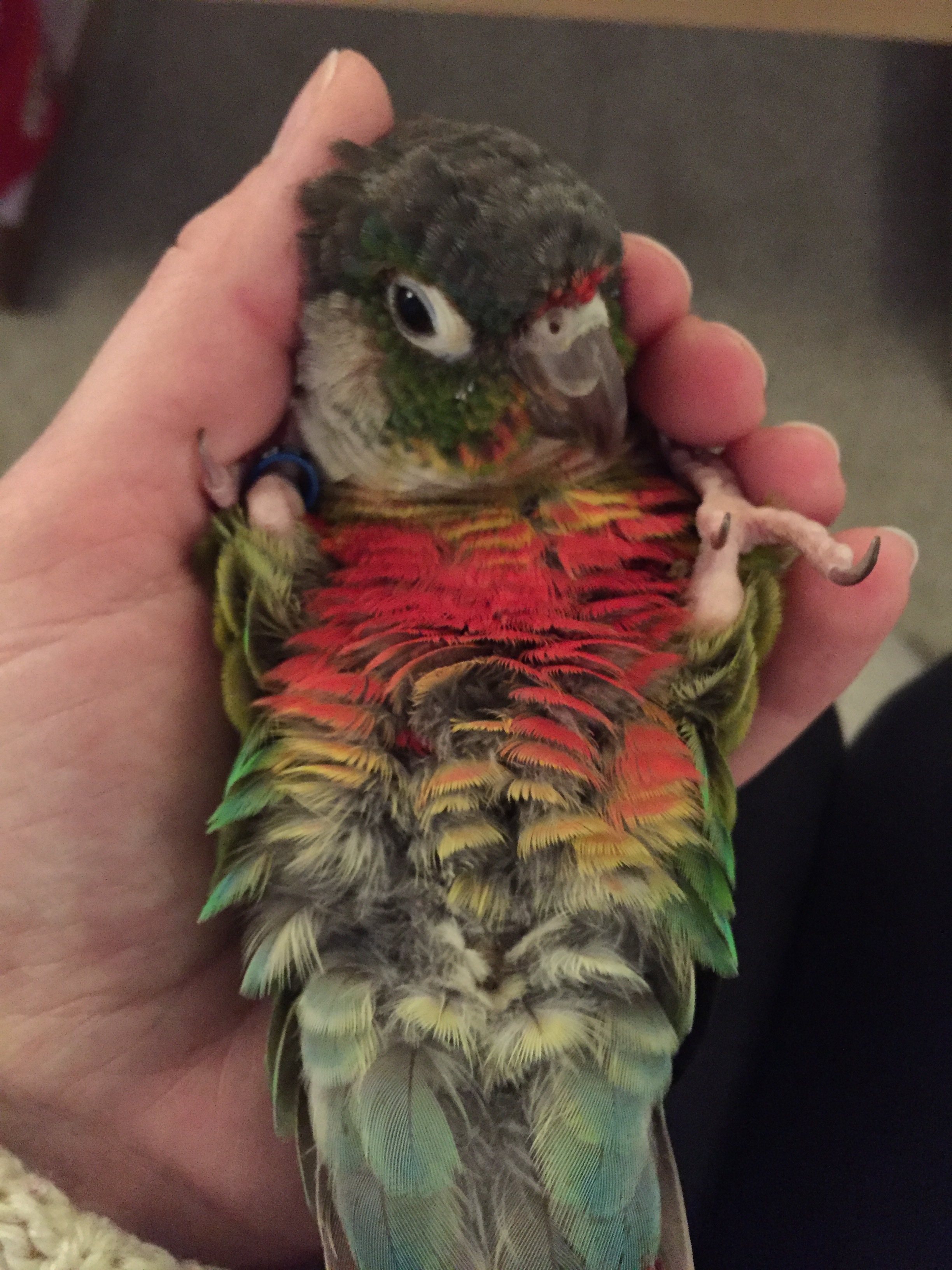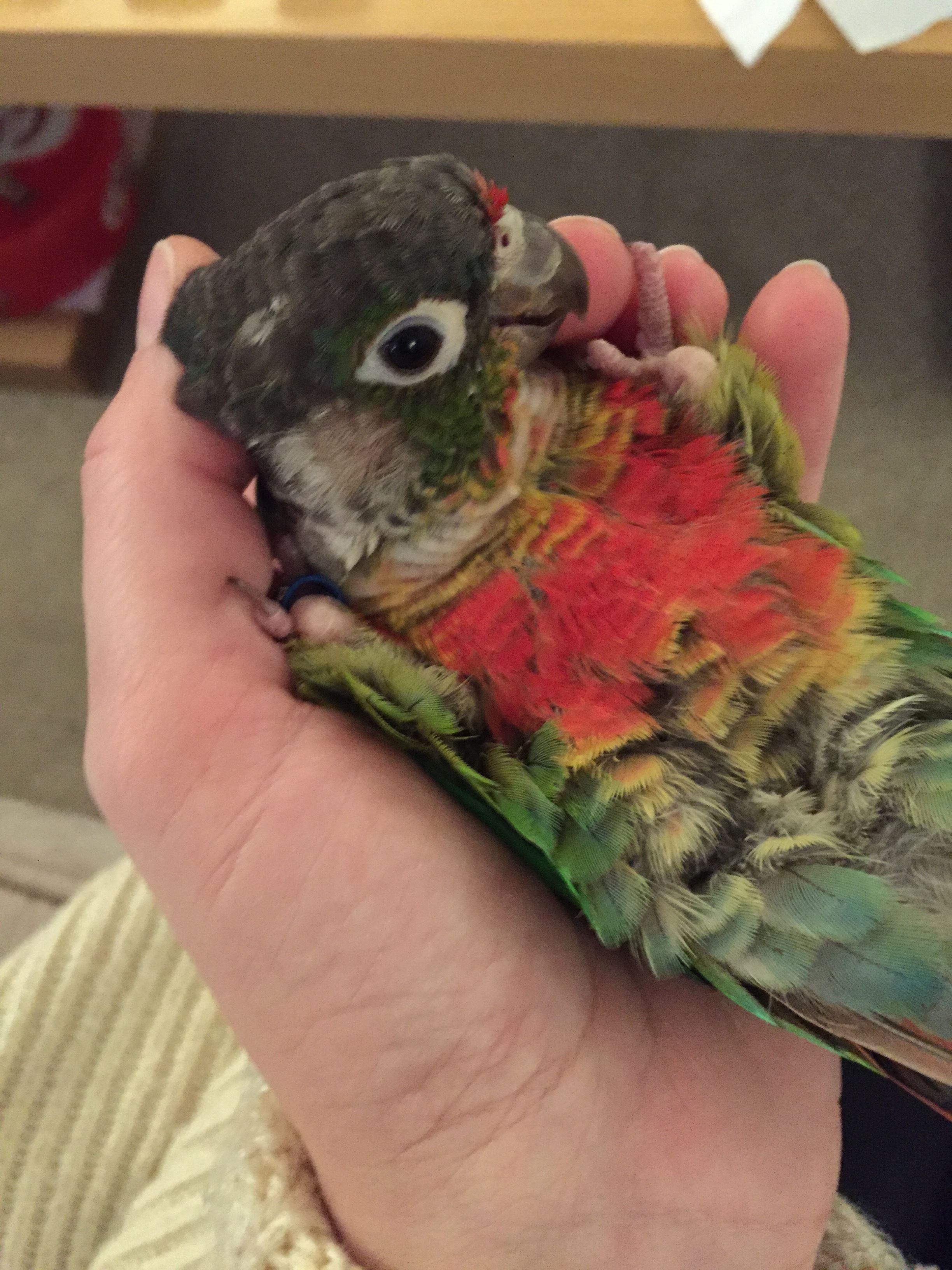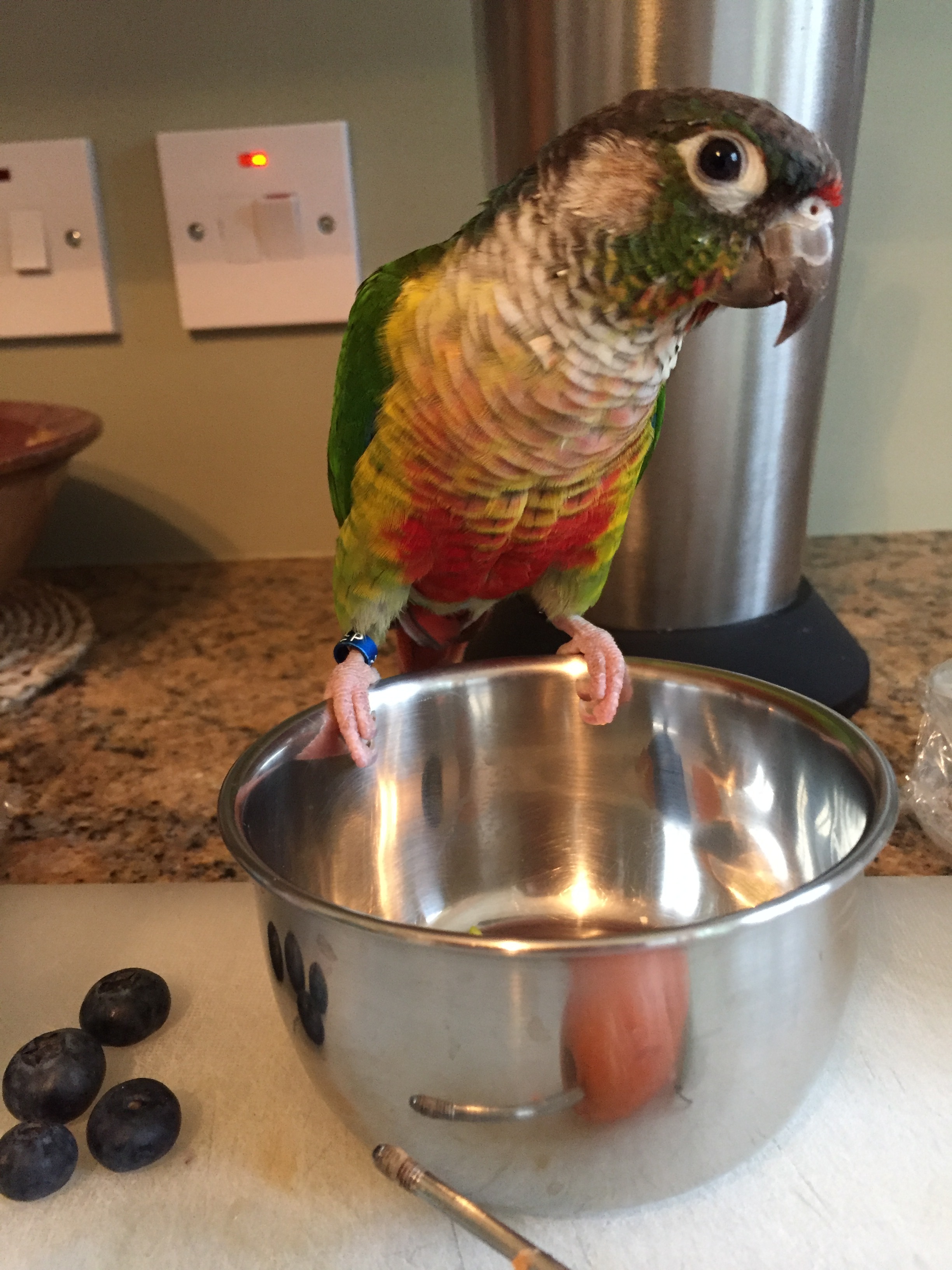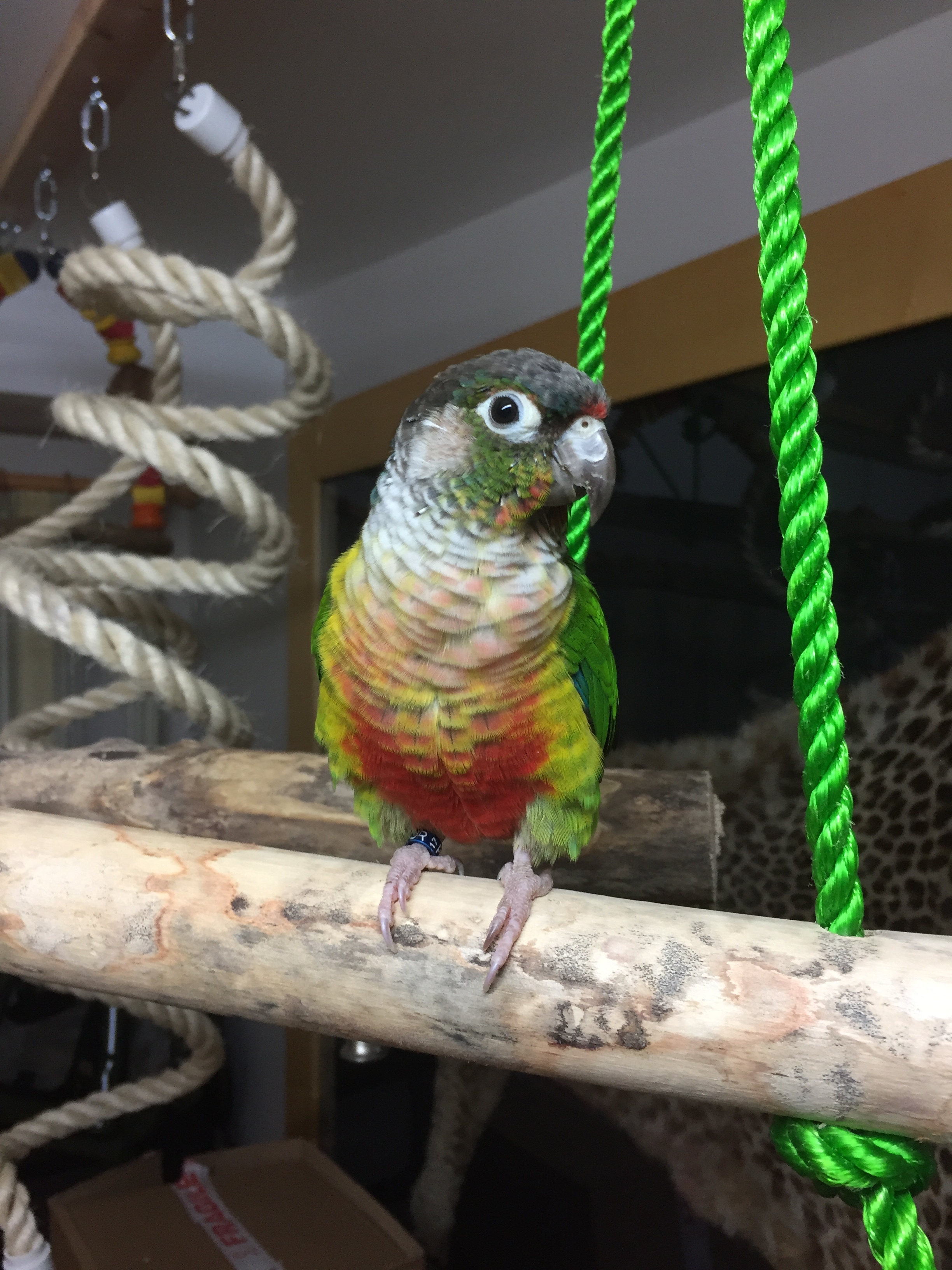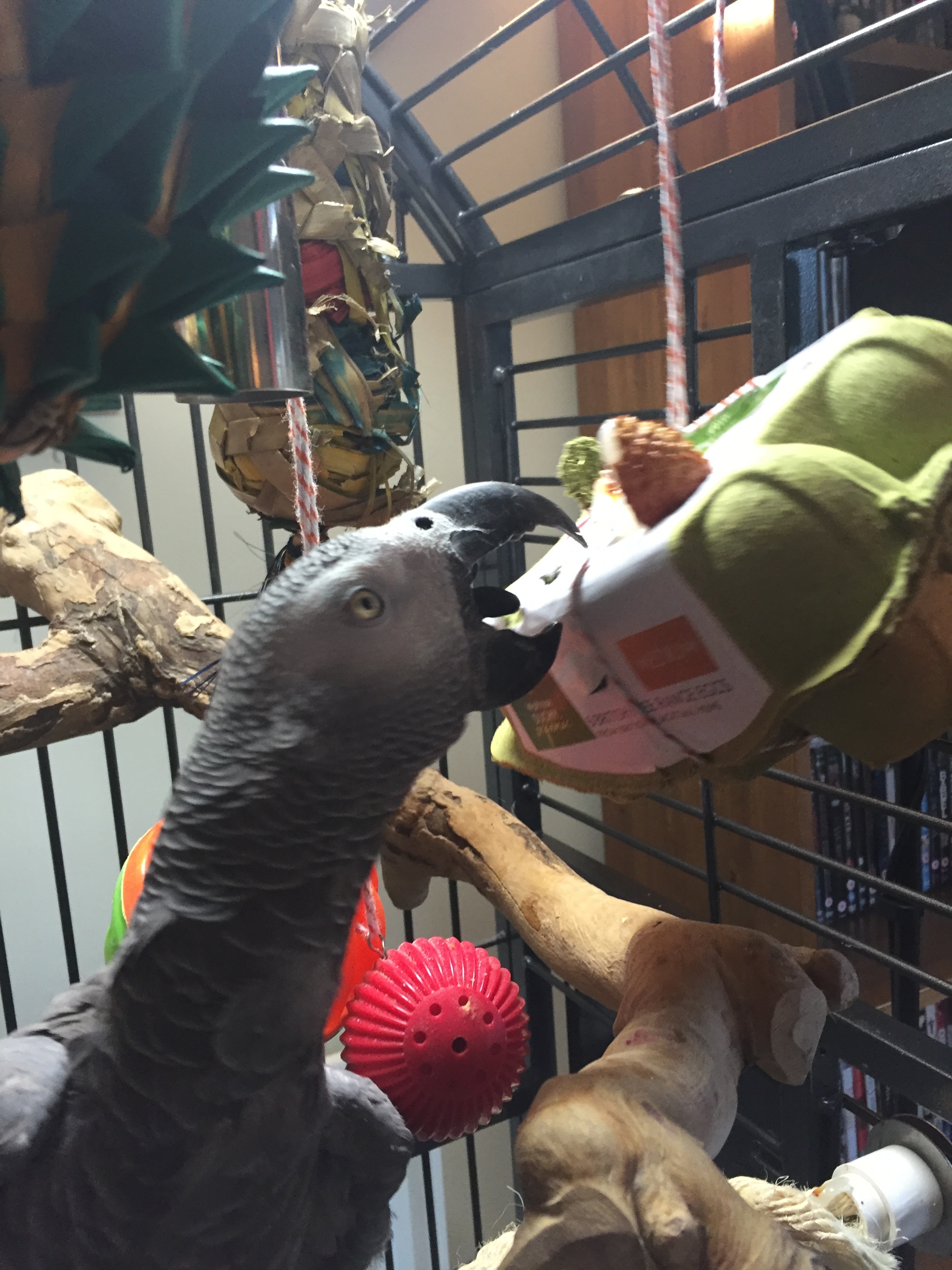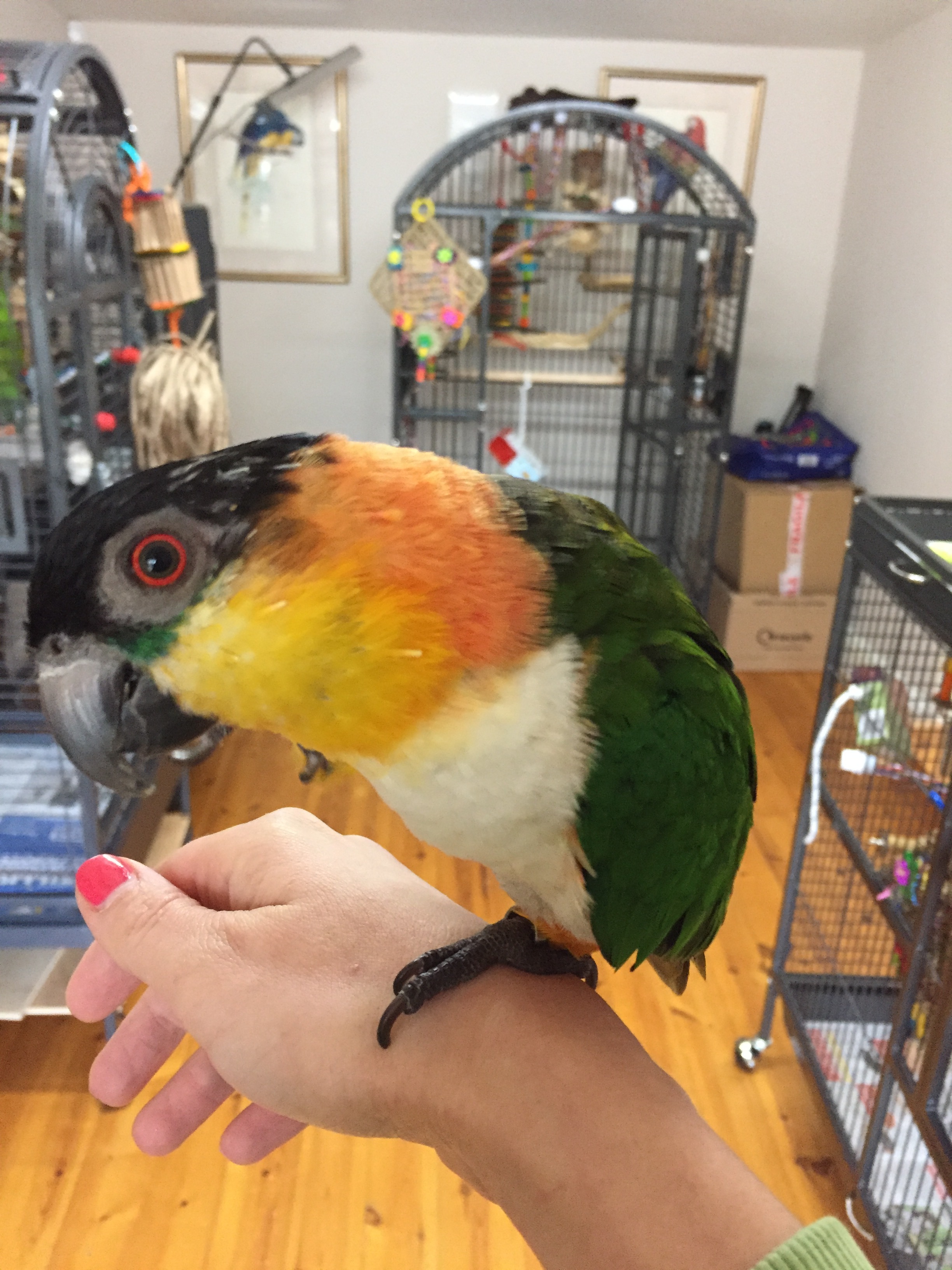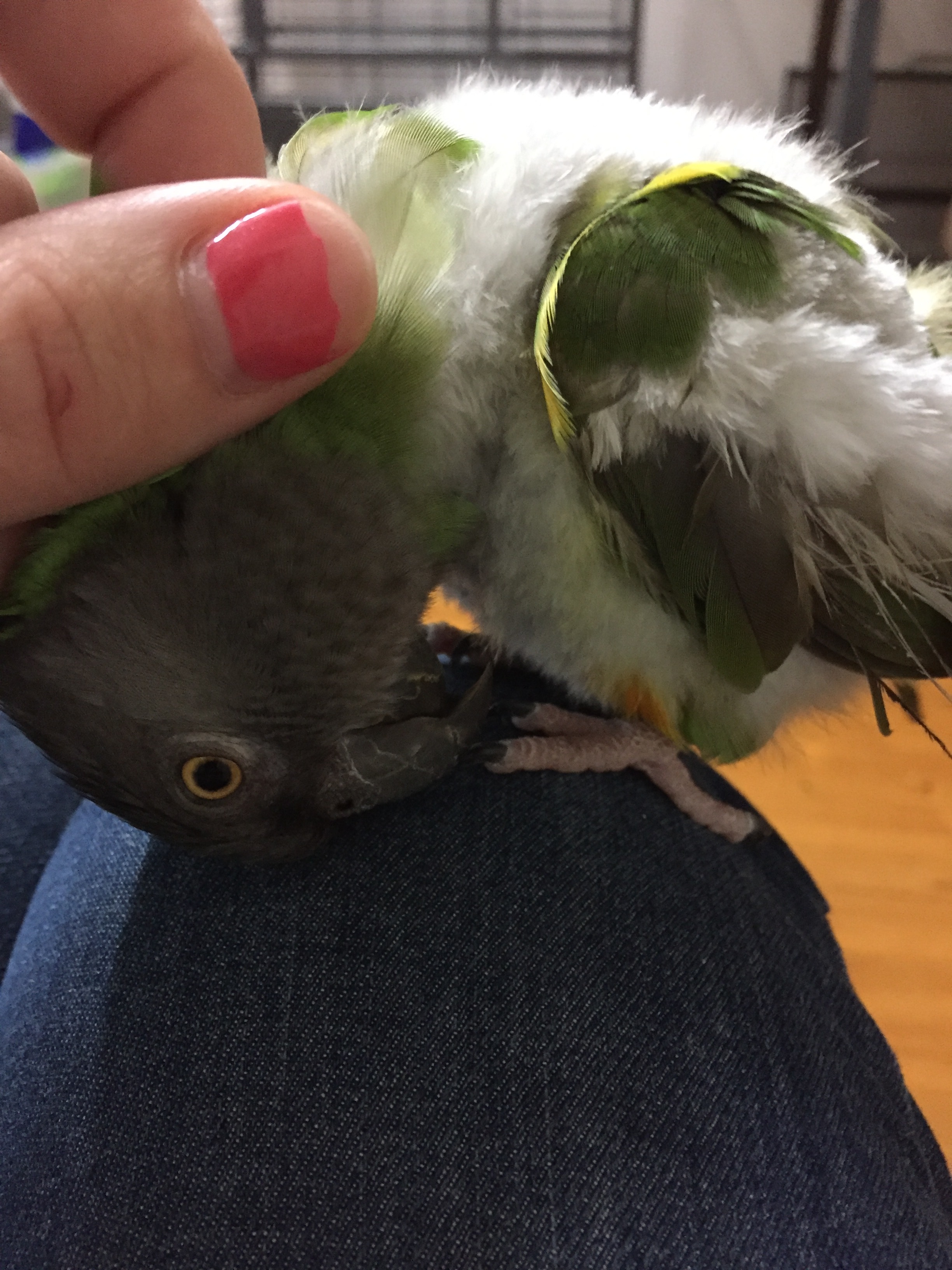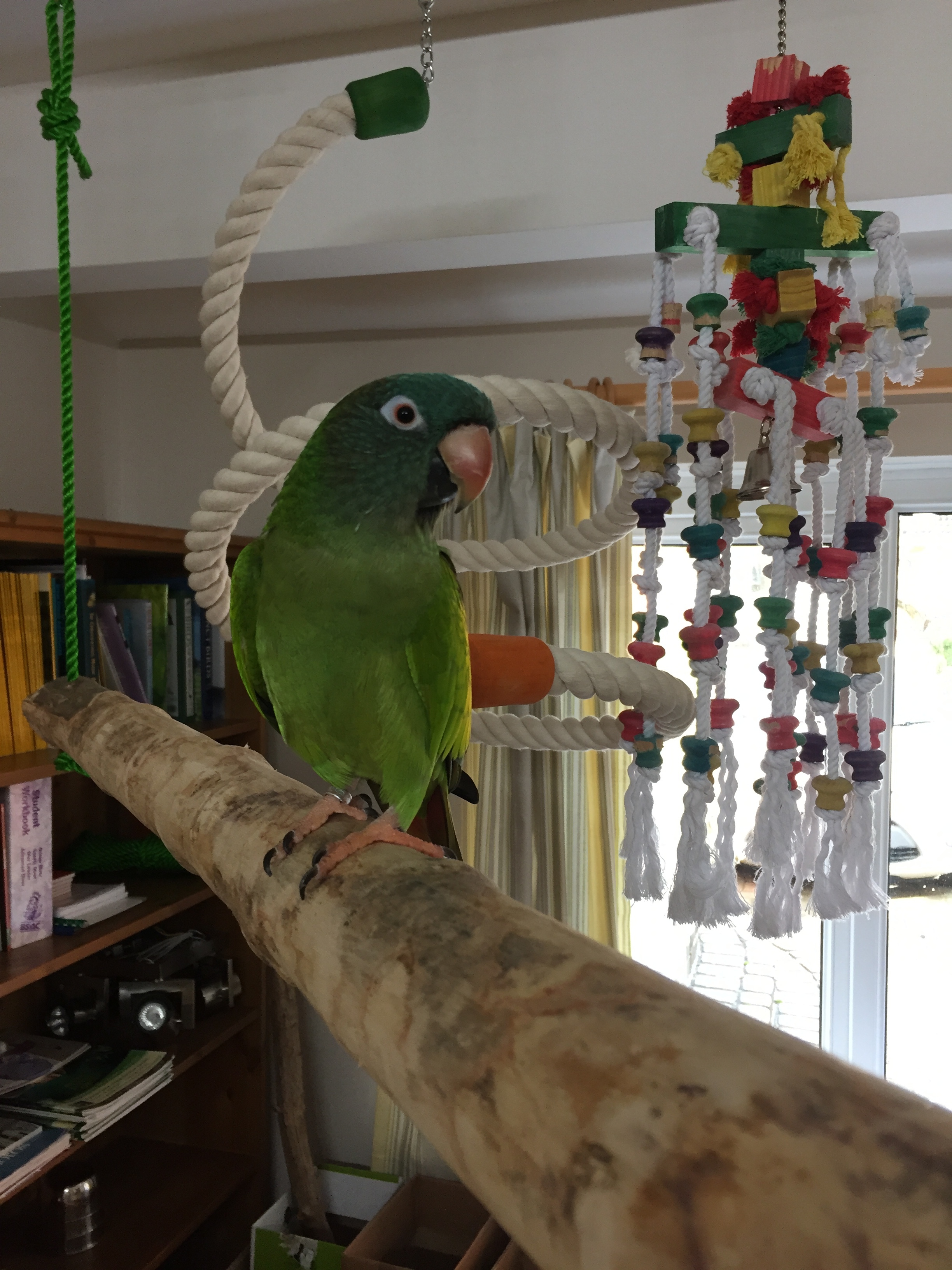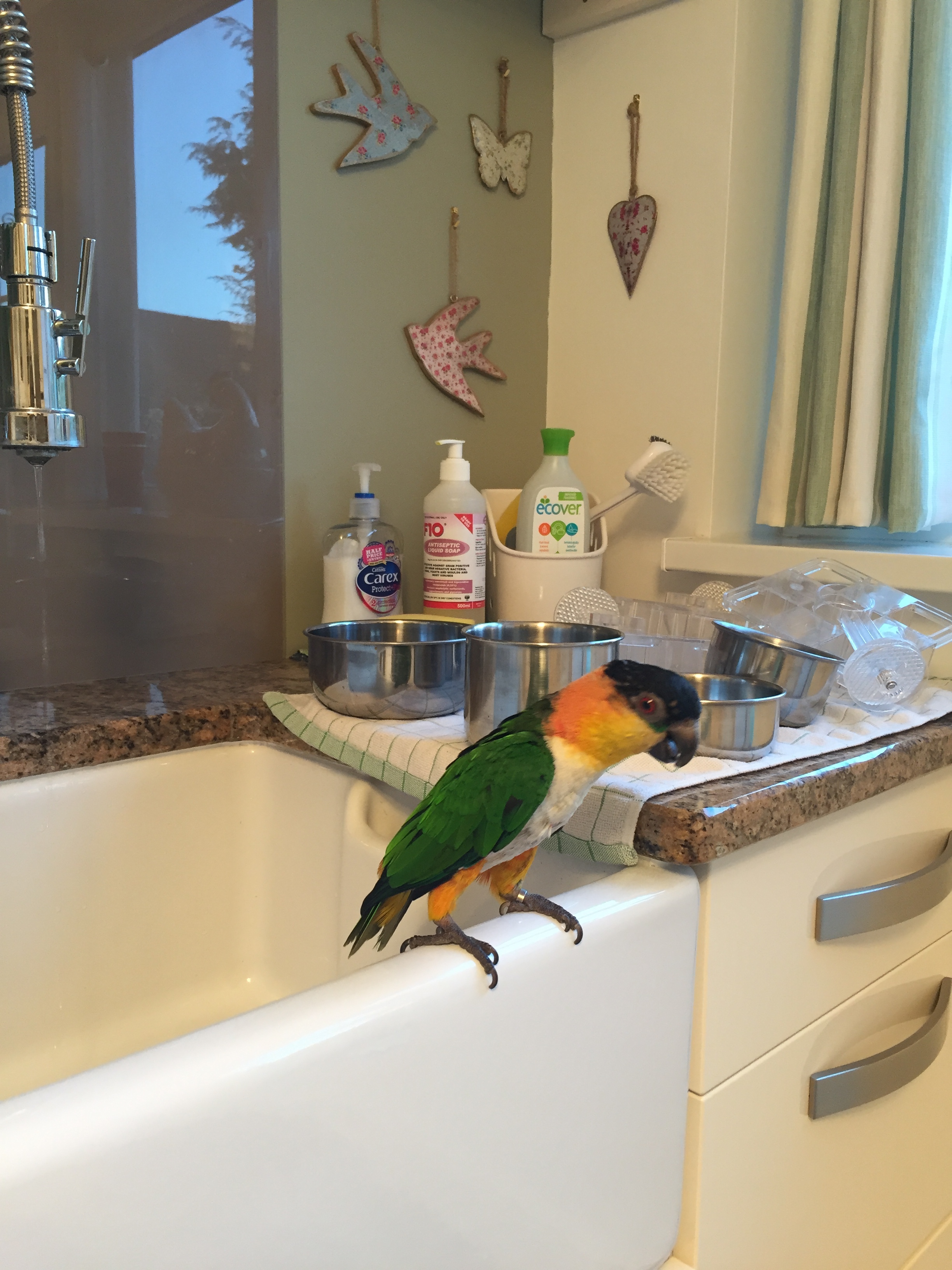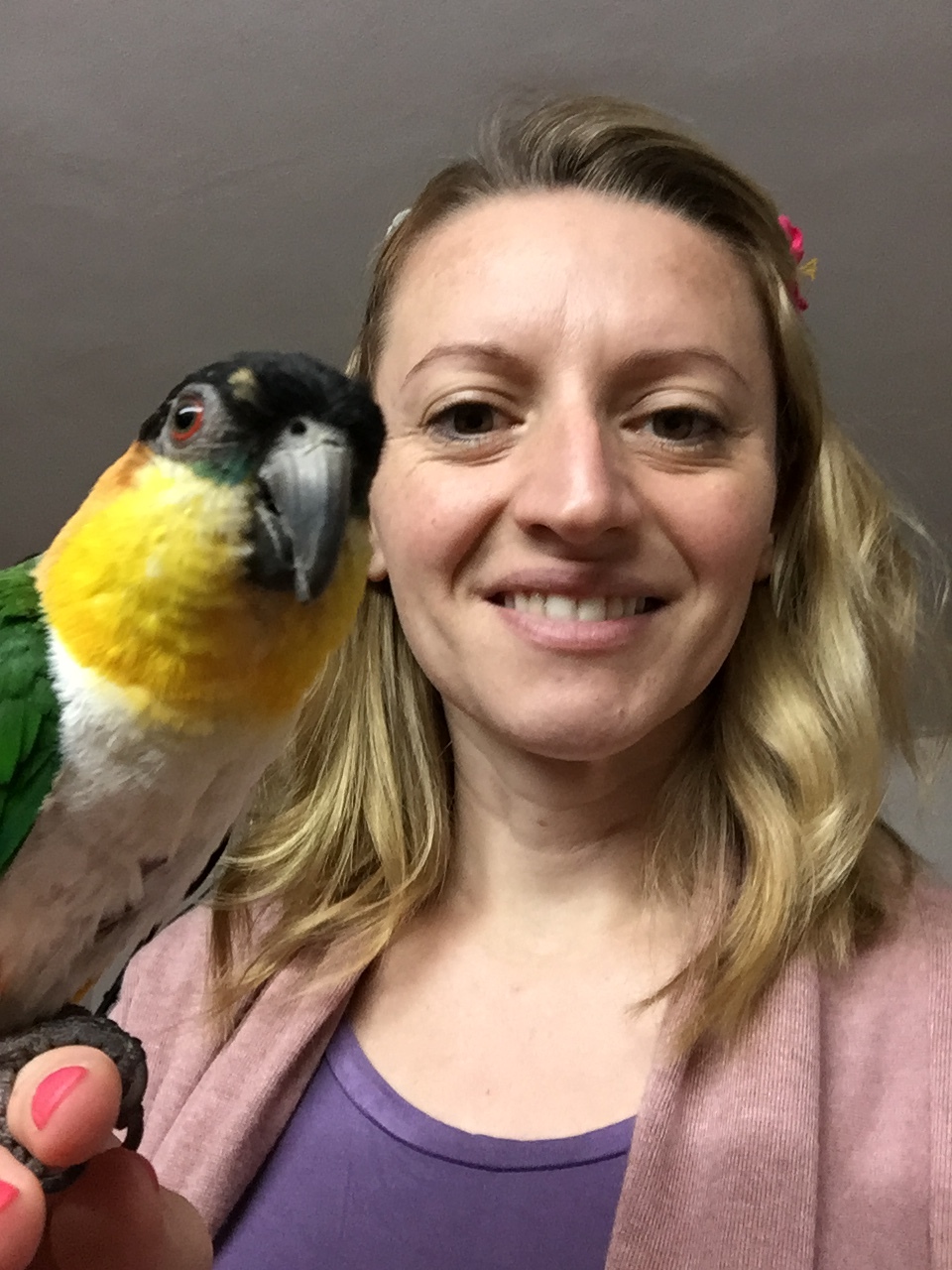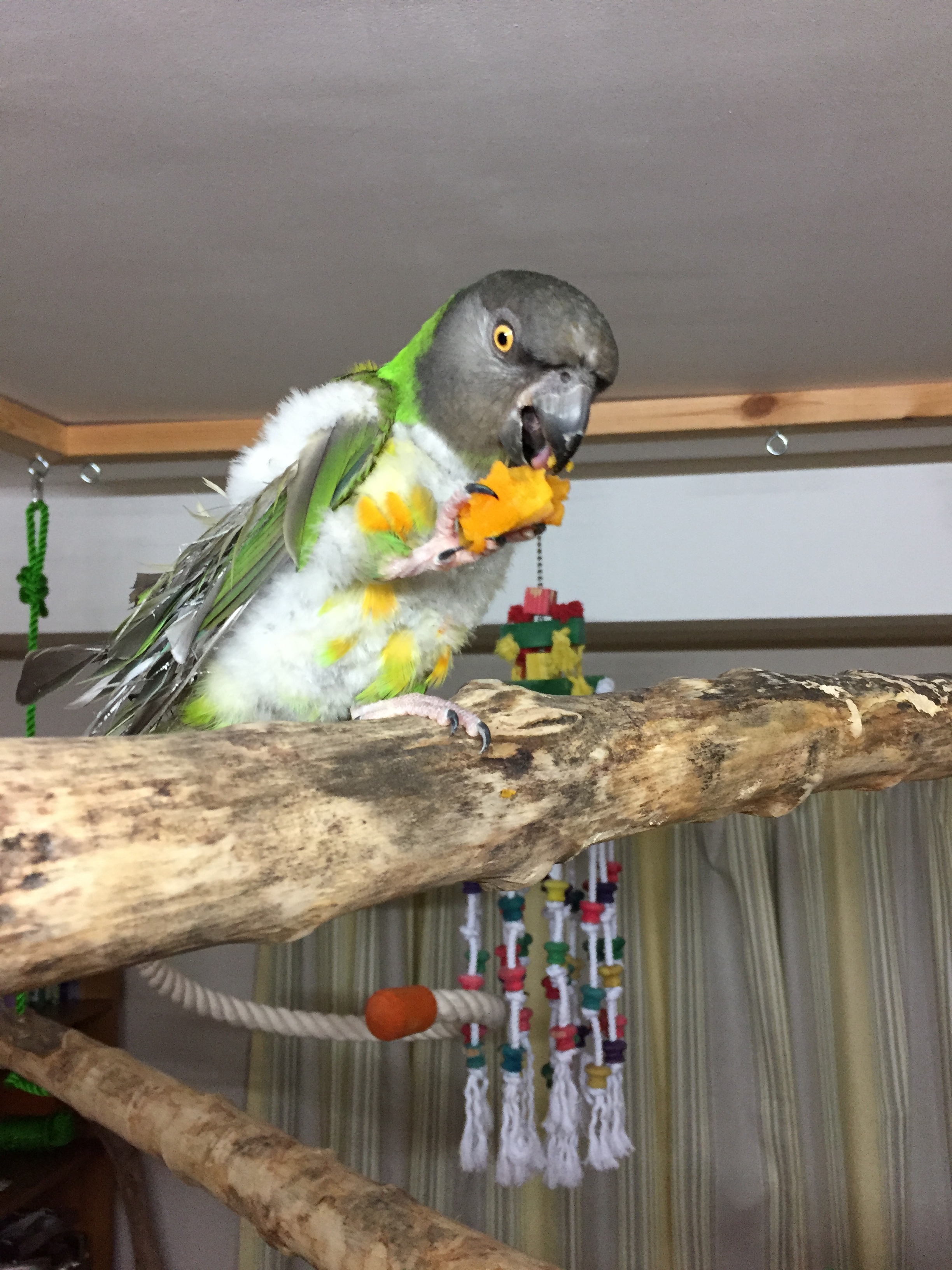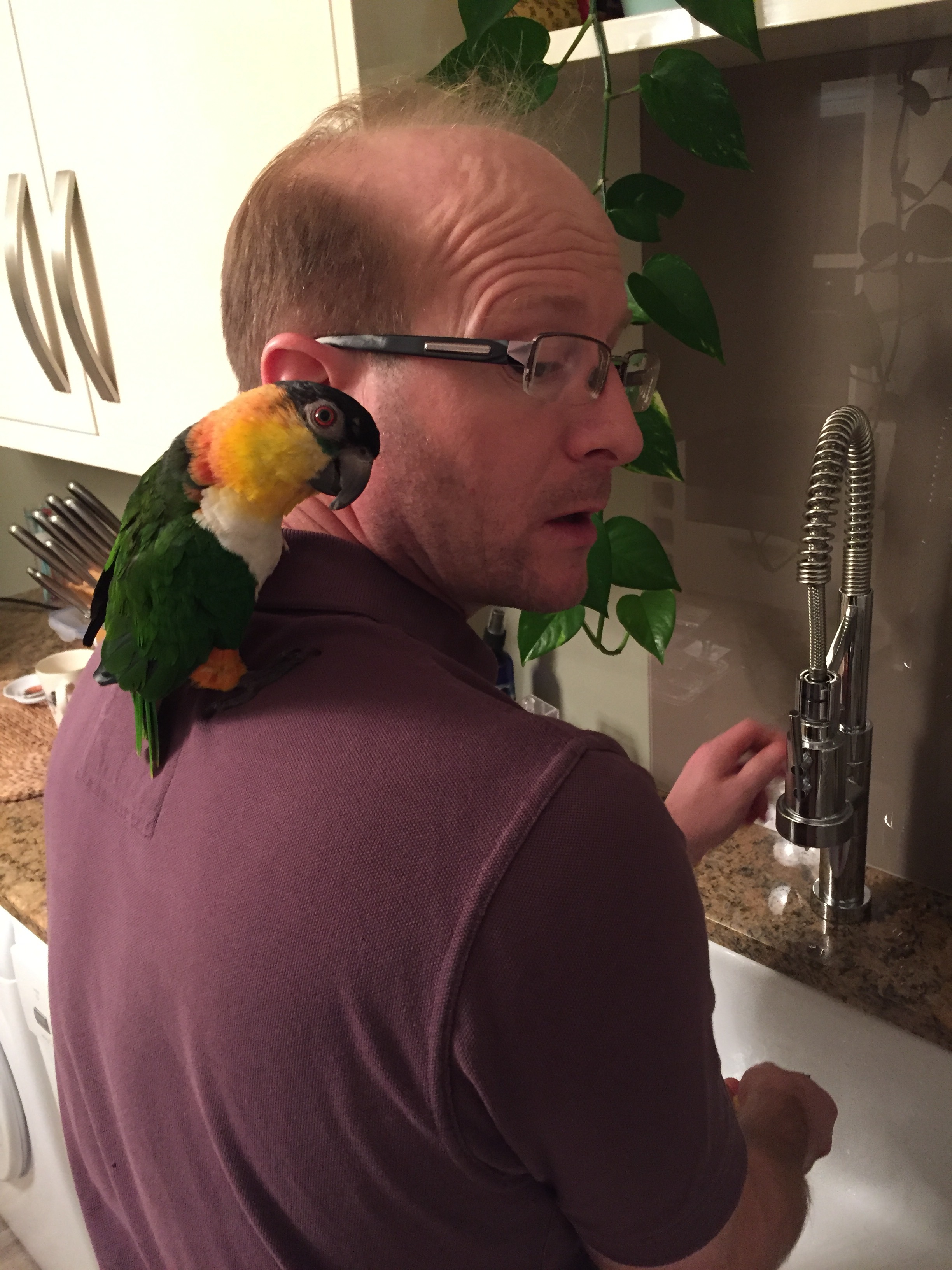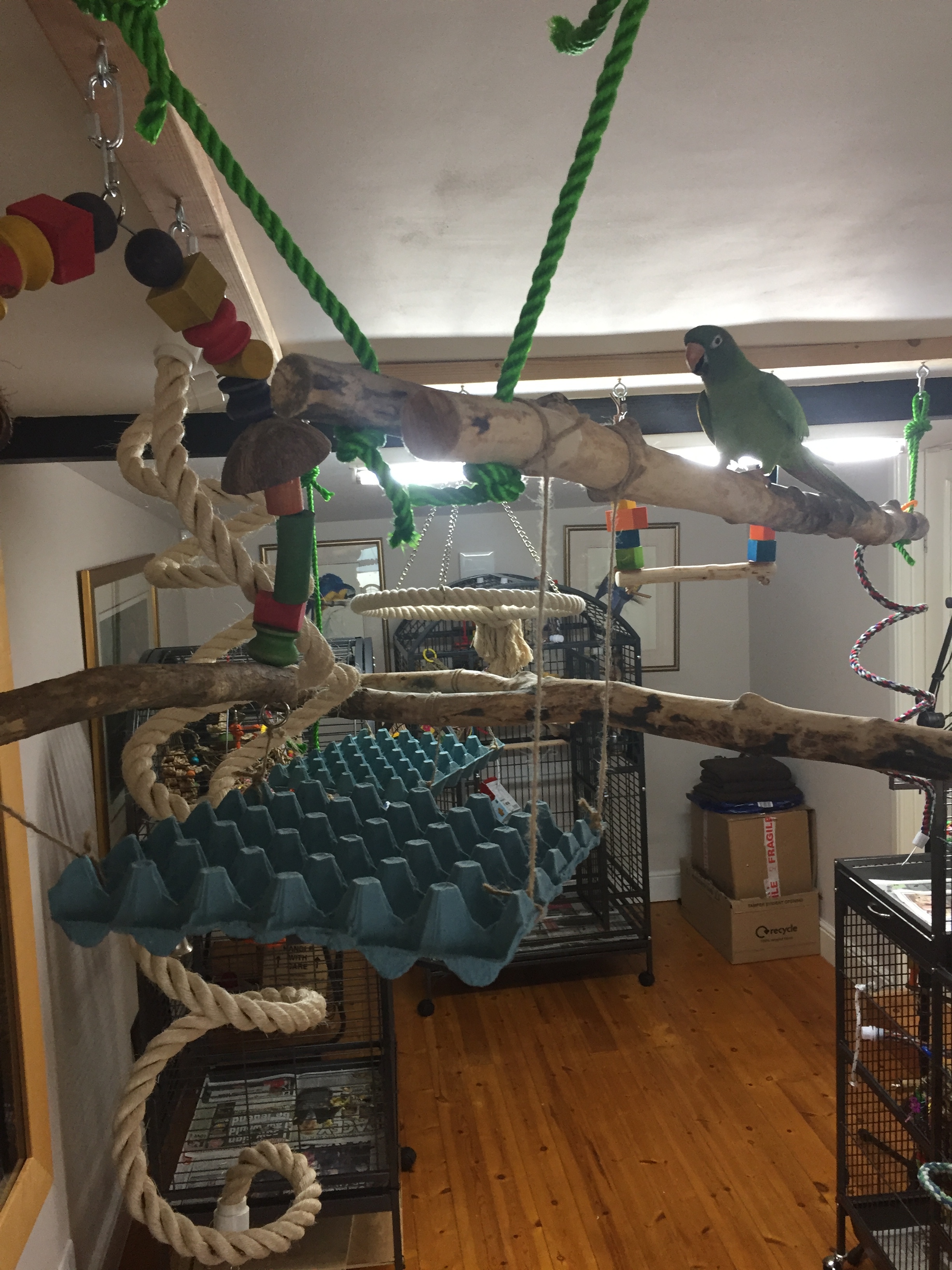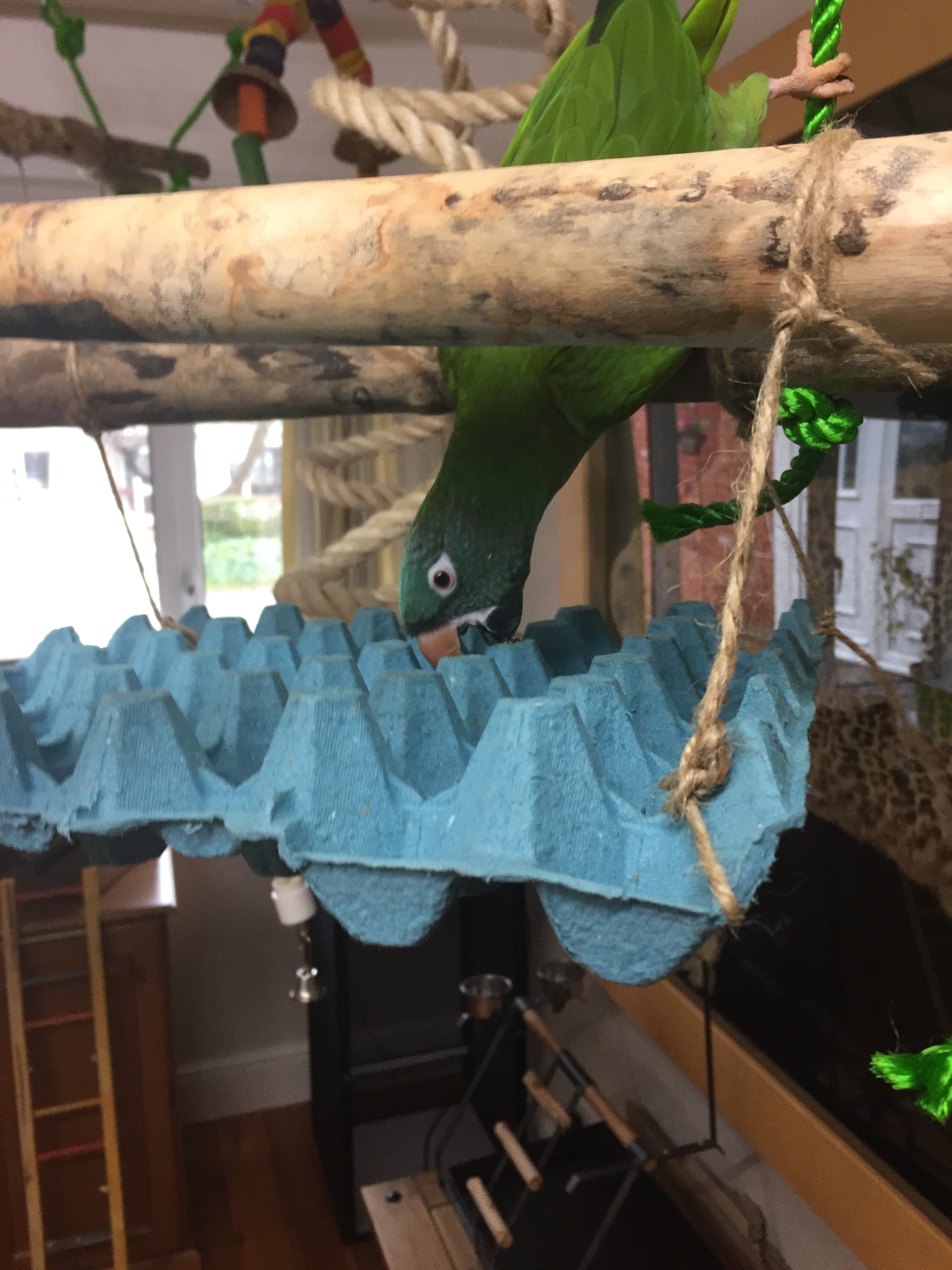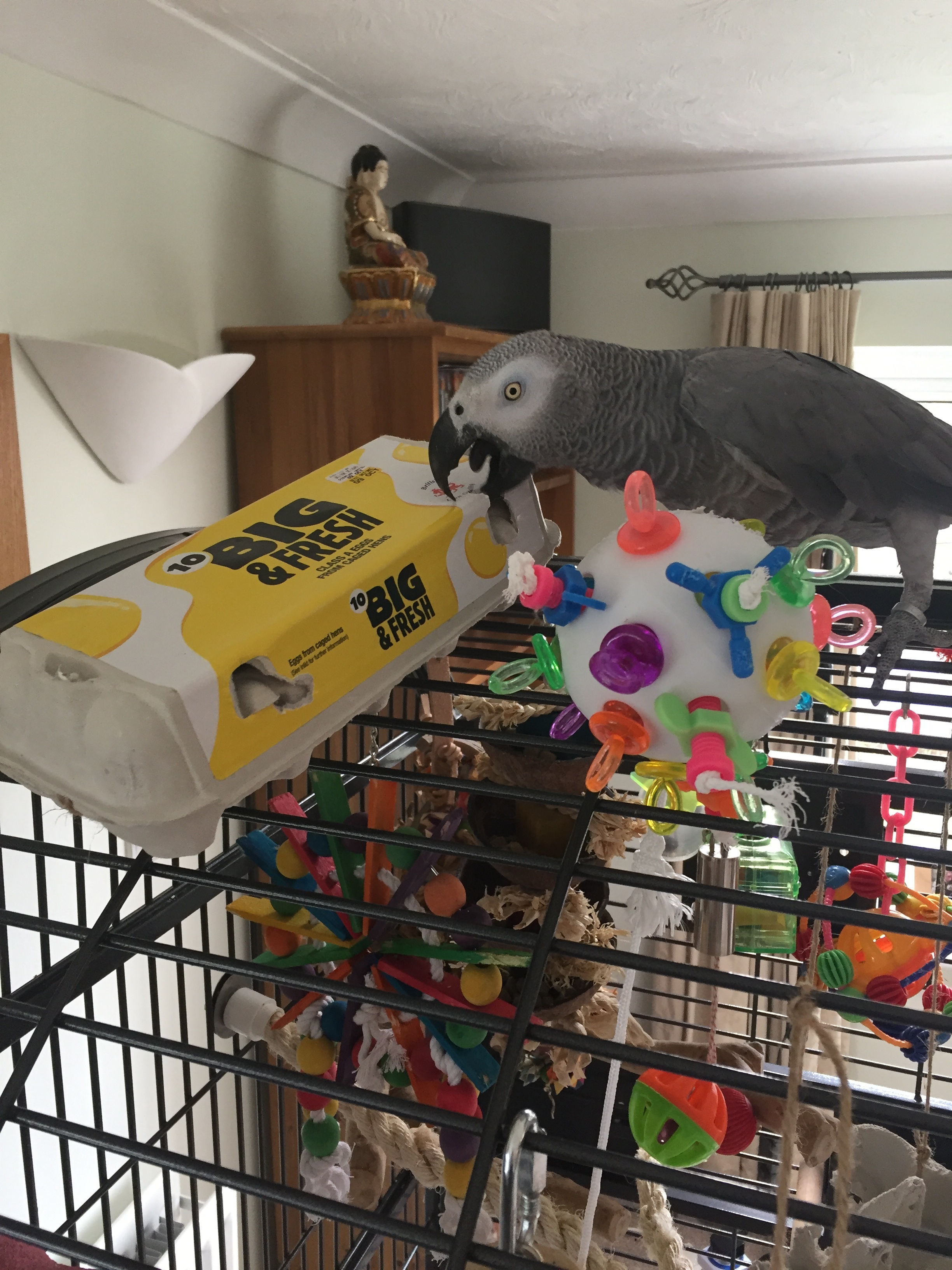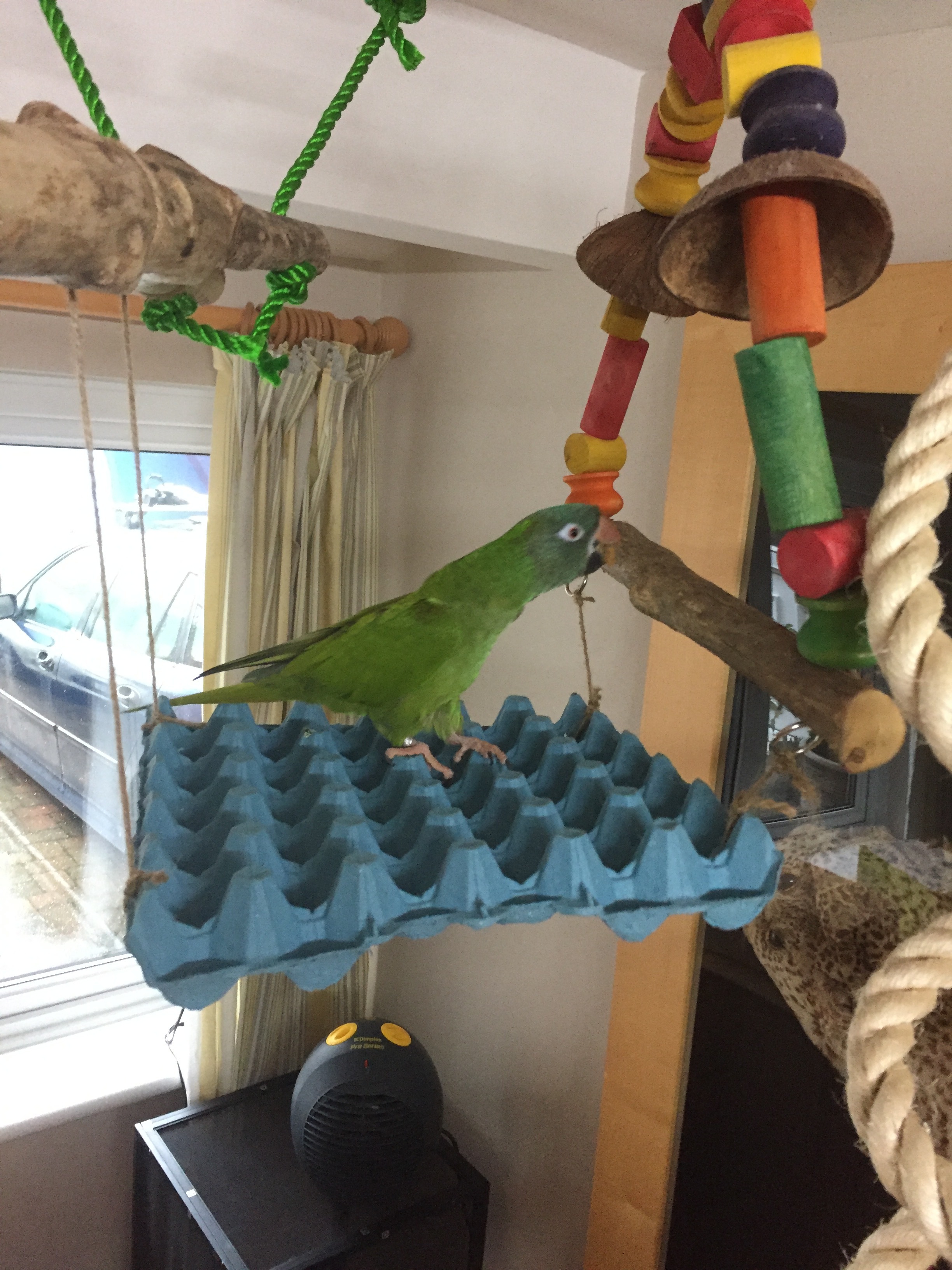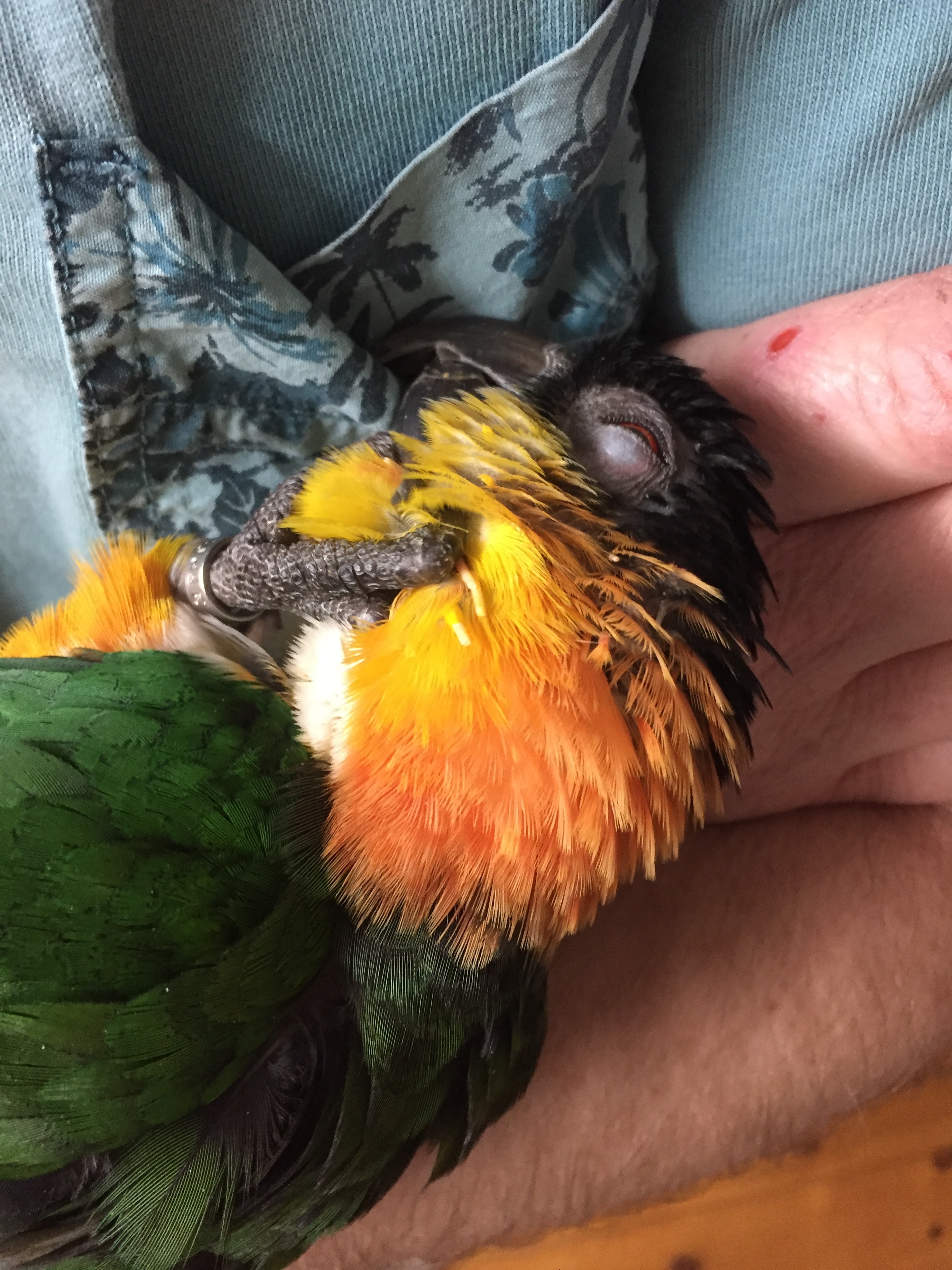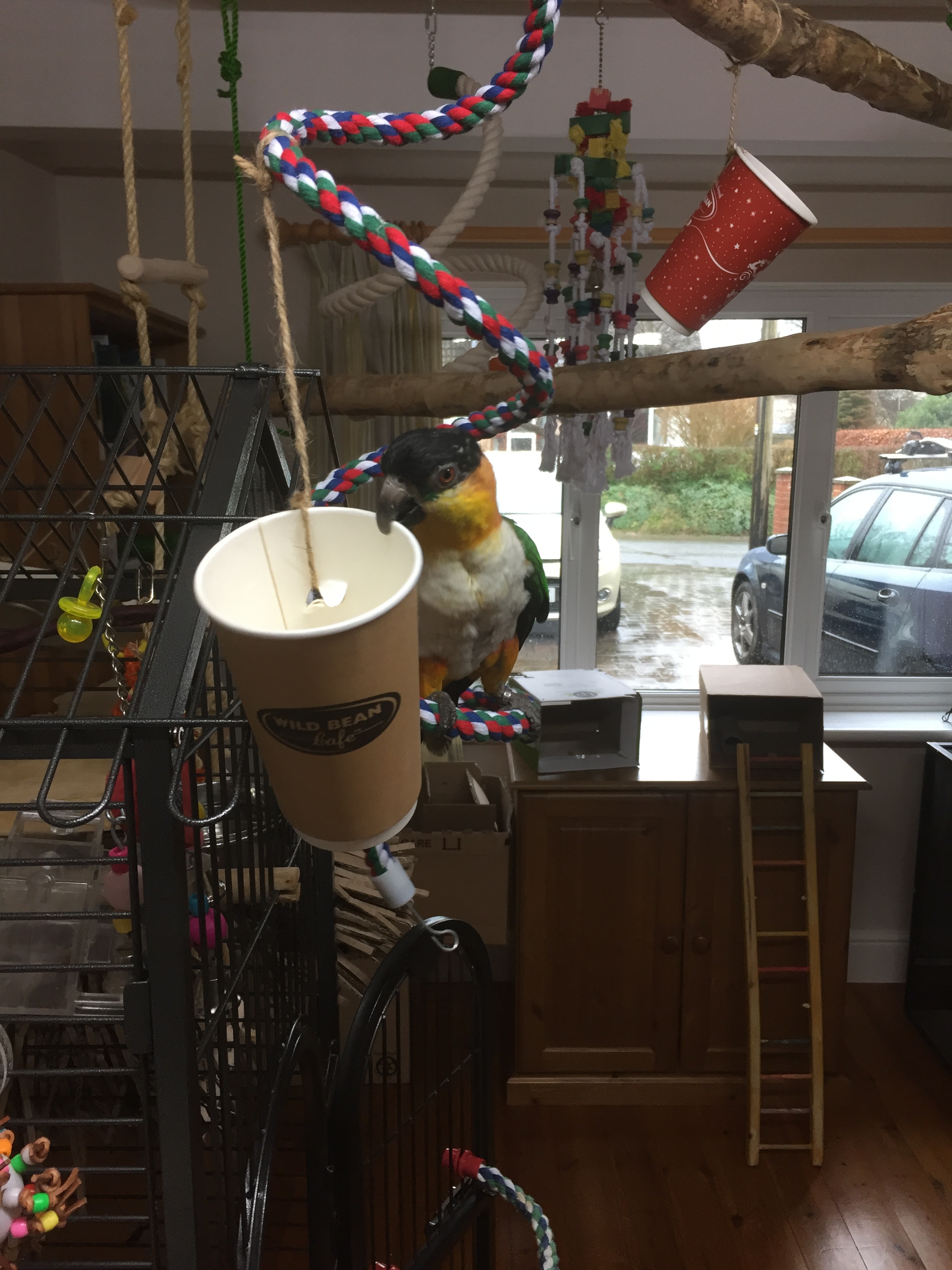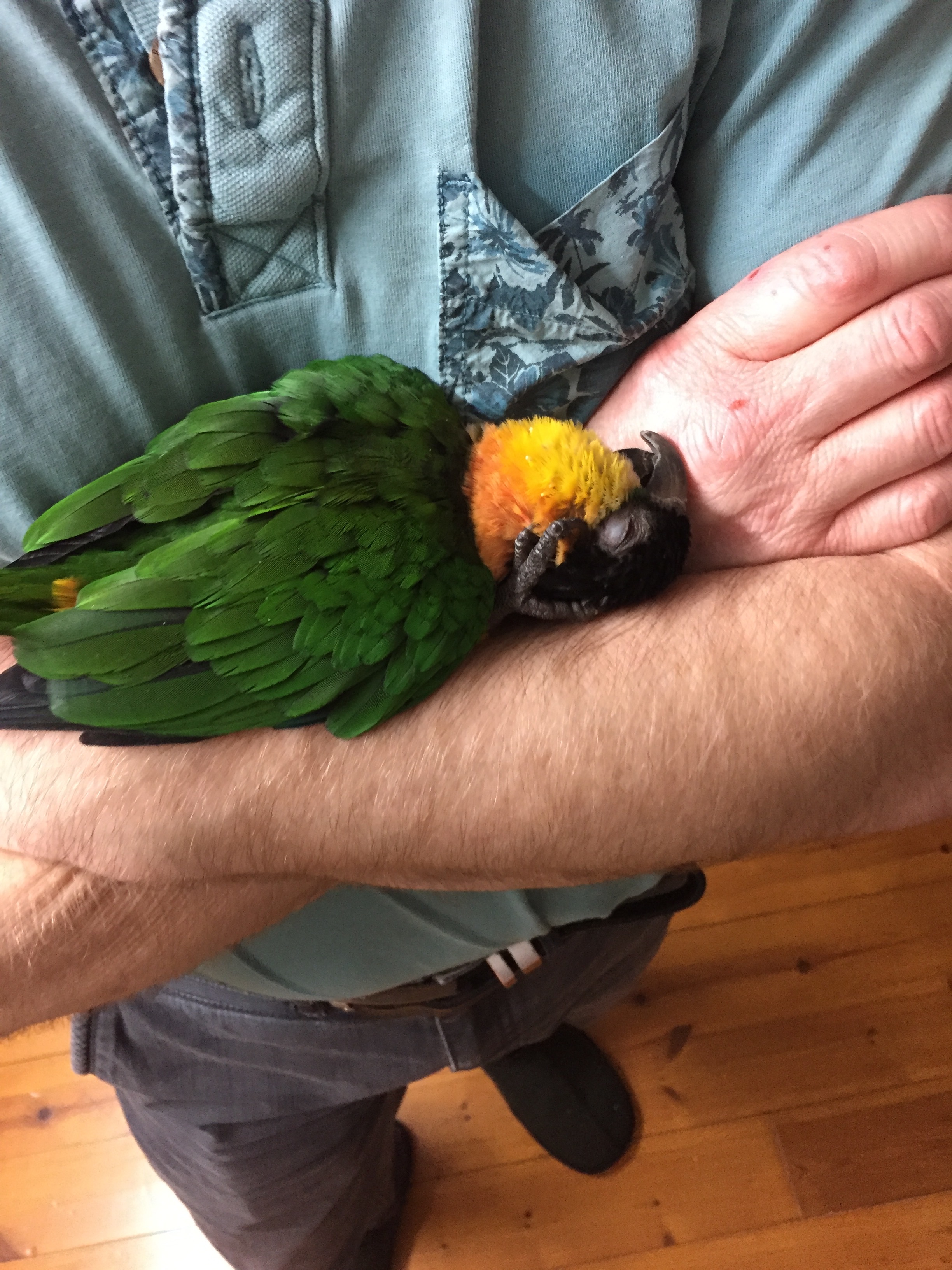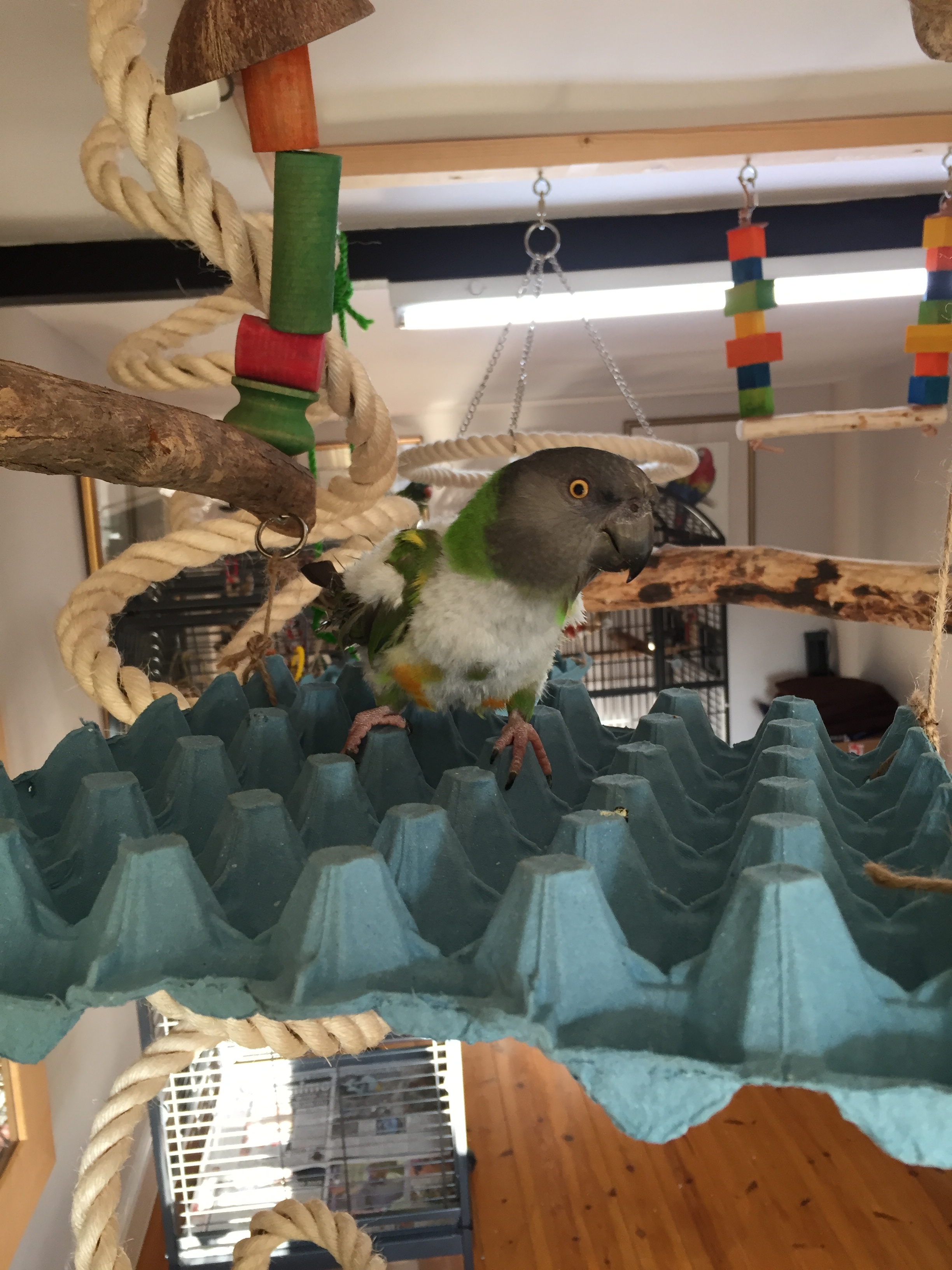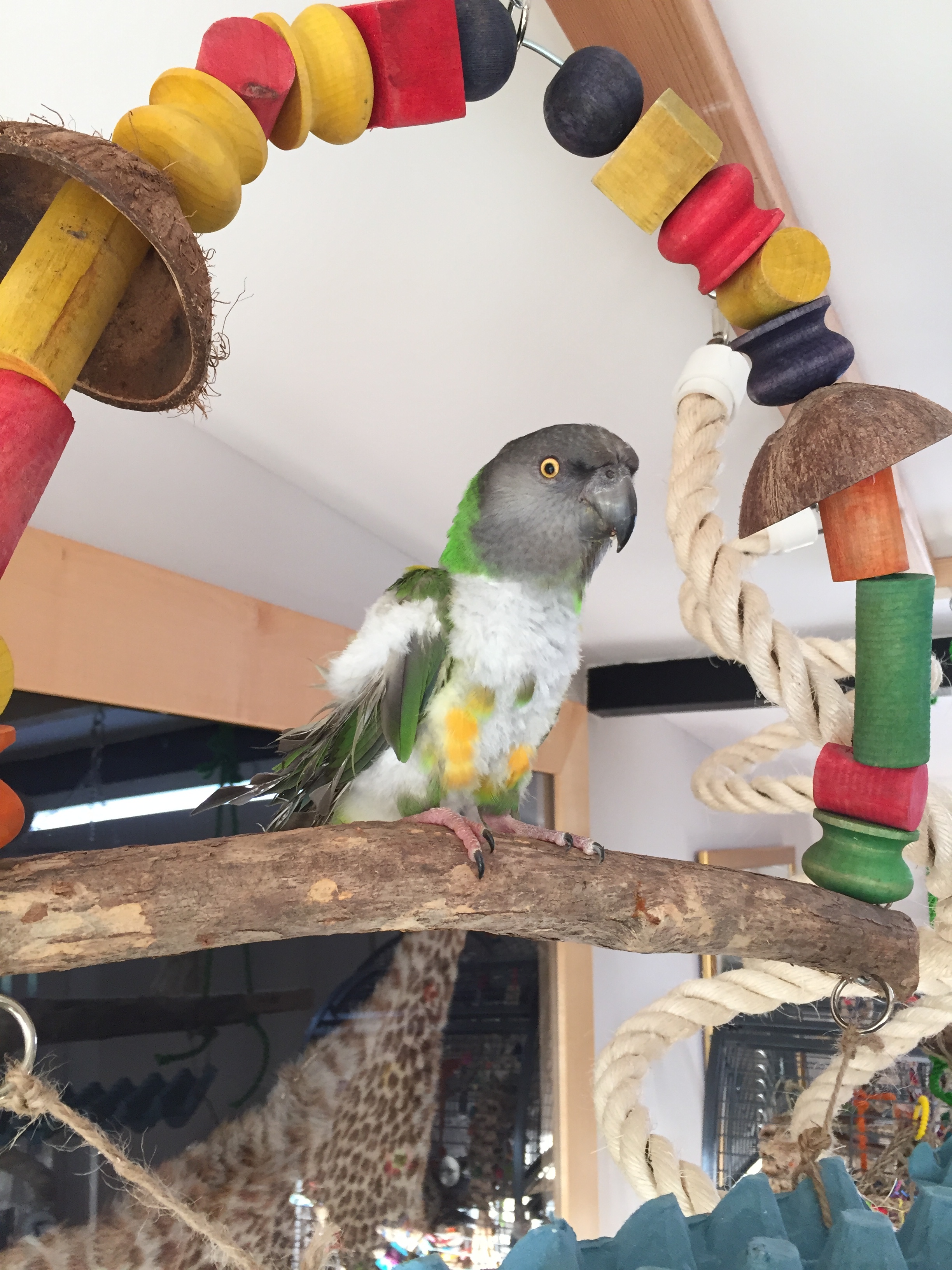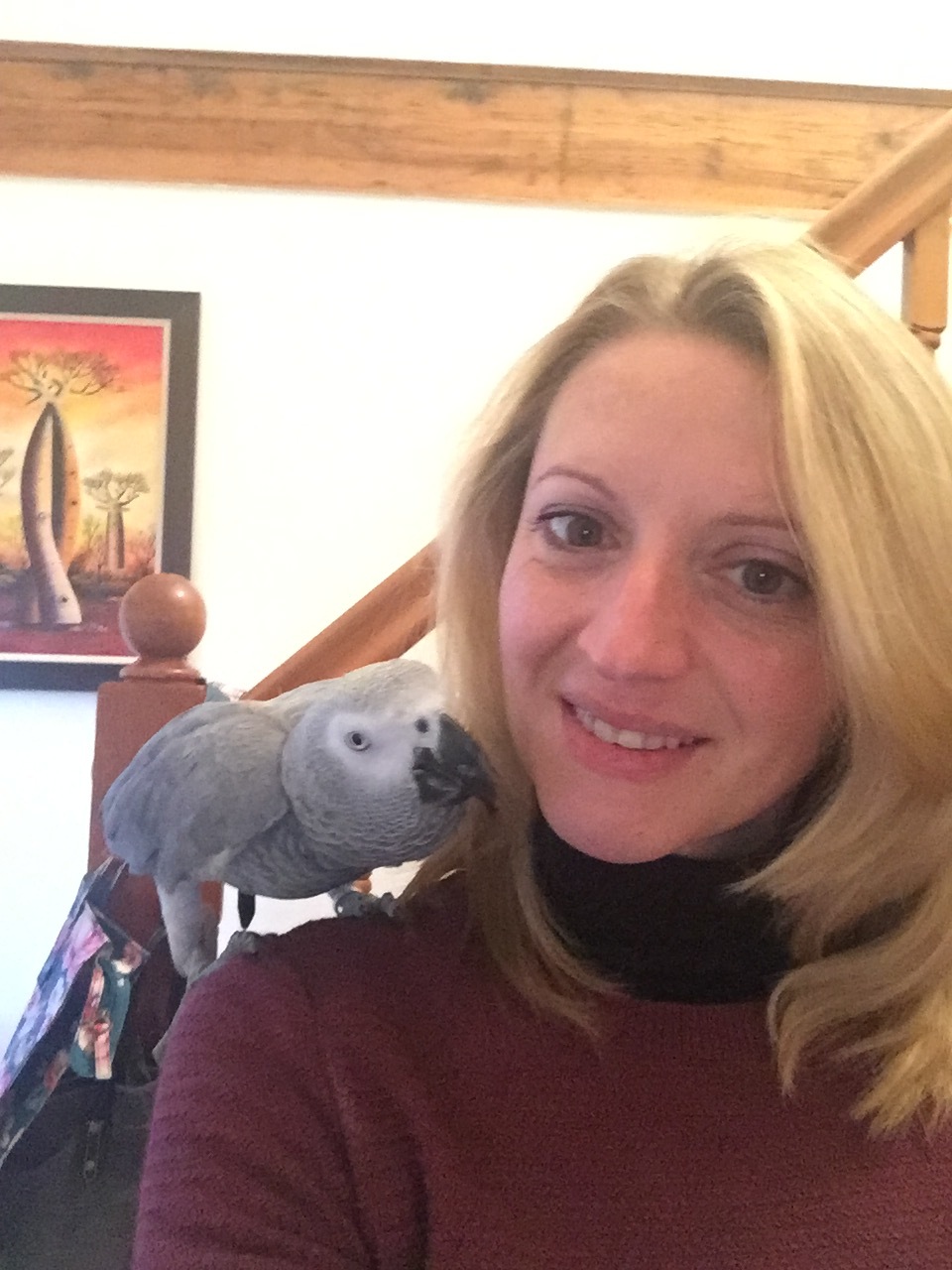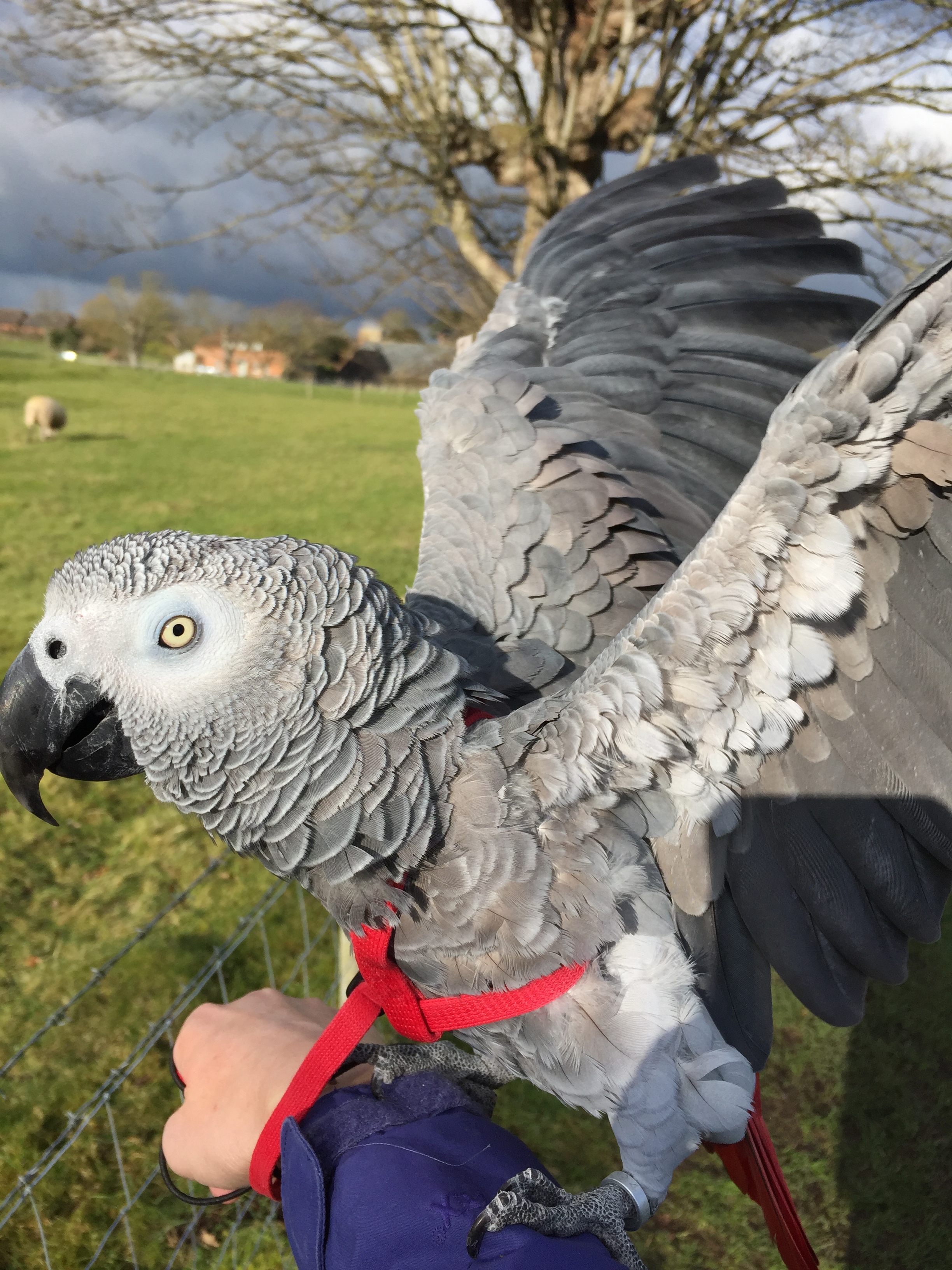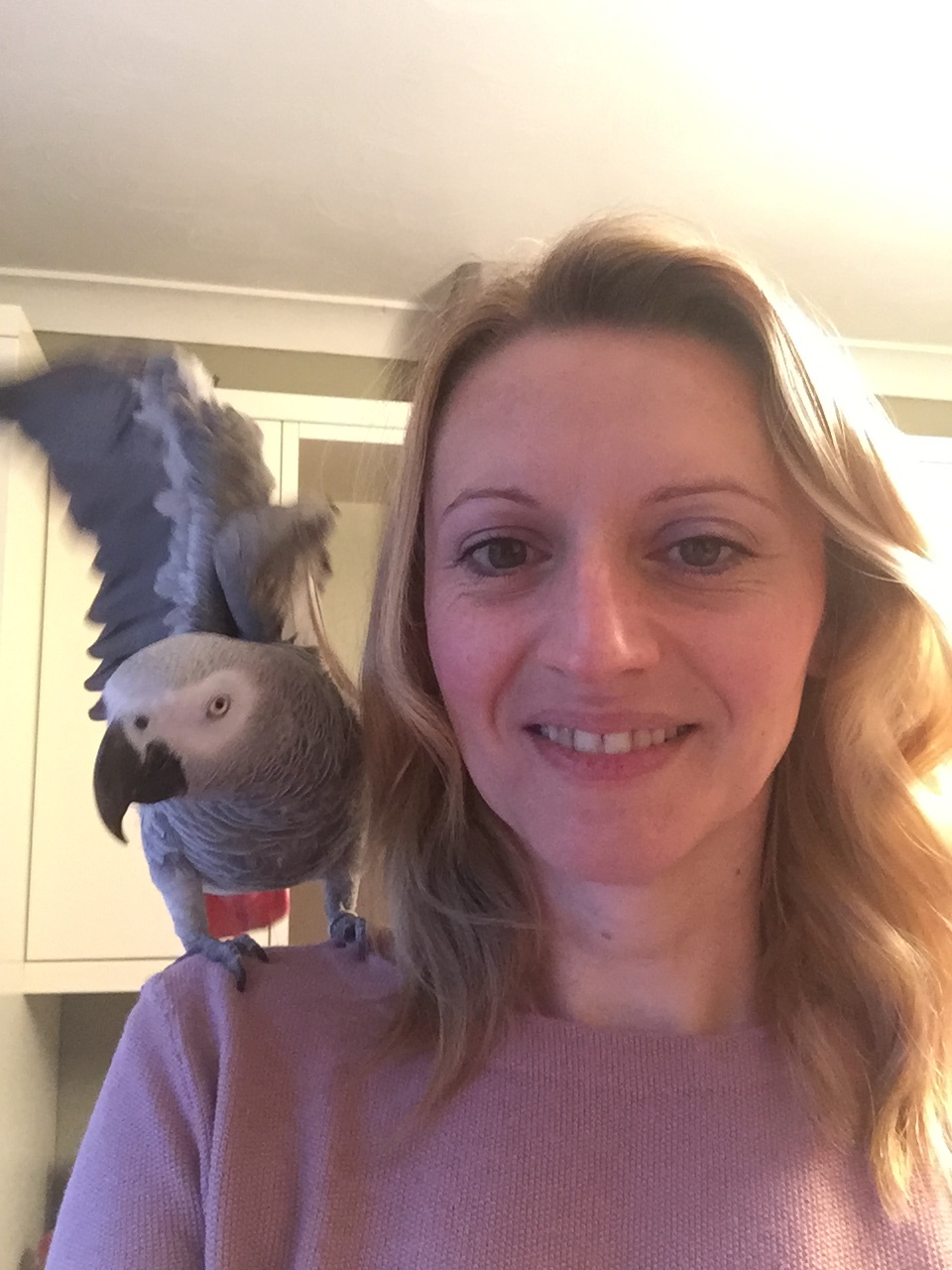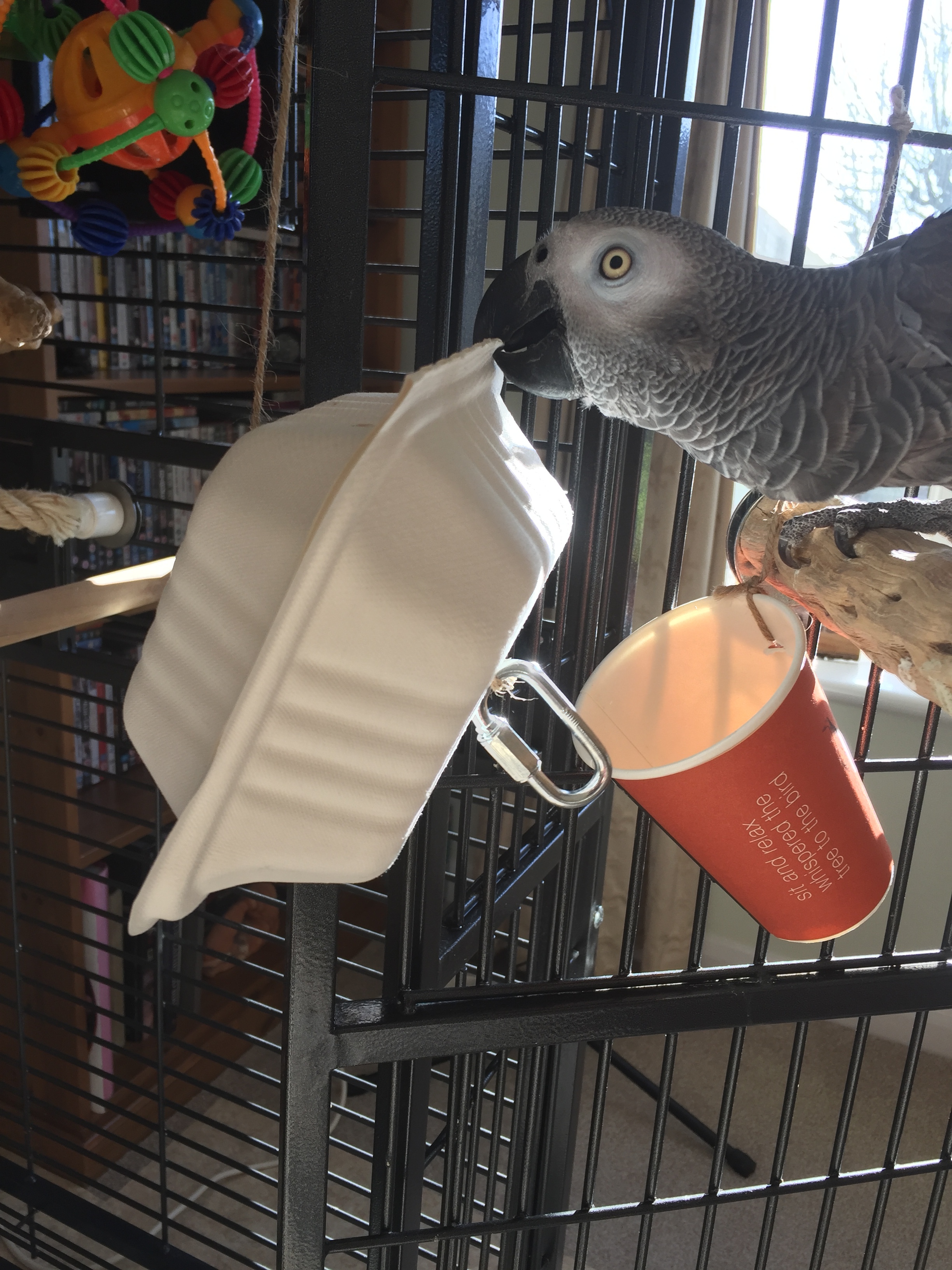
About
Welcome to the parrot hotel located in rural Wiltshire, just a short walk from Salisbury Plain.
As experienced parrot owners, we fully understand the concerns, worries and difficulties that you may face when you have to leave your much-loved companions and pets behind.
Our mission is to provide your parrot with a safe and caring home for any period of time and to provide you with a worry-free time away, whether this is an emergency, holiday or a business trip.
We are very passionate about wildlife and conservation of animals and actively take part in a local conservation project. Our passion for everything wild has led us to obtaining an African grey parrot, Darwin with another rescue on the way.
Being owners of these very complex companions has presented us with the very question - what happens when we go away? Having found it very difficult to find a place where we could leave our beloved animals in the hands of someone who understands their complexity and whom we could fully trust, has led us to establishing our own parrot hotel.
Our aim is not only to provide you with peace of mind whilst you leave your feathery child with us but also to provide you with any information or advice you may need.
PARROT BOARDING
What we do and what we provide
At the Parrot Hotel we provide a safe and caring environment for your pets when you are away for any length of time. The parrot room is equipped with a variety of cages and toys, and has a fitted extensive play area where the parrots can take turns enjoying the outside of their cages, whether it's climbing around or flying.
The room also benefits from an extractor fan leading to the outside and an air purifier that ensures clean air within the room.
You are welcome to bring toys and set your parrot home to meet your desire and allow your pet to feel as much at home as possible.
Our parrots are provided with pellet food and fresh fruit and vegetables and are interacted with throughout the day and in respect to their own routine.
In order for your parrot to stay with us, you will need to ensure that your bird has received a test for PBFD and provide us with an up to date health certificate from your avian vet.
Your booking
You will be required to complete a booking for prior to your pet staying with us and pay a 25% deposit to secure your booking.
Health
The risks of boarding
There is always a risk when exposing your bird to other birds while boarding. Although avian medicine has made huge advances, there are still many diseases for which there is no cure. To help us prevent the spread of disease, all birds that come under our care must hold an up to date health certificate issued by an avian vet. This health certificate must be provided prior to drop off.
We will not accept any birds unless its owners are able to provide this certificate. This is an essential measure to help us prevent the spread of deadly disease amongst our own guests and birds.
Your certificate will be valid for all subsequent stays with us, providing your bird does not come into contact with any other birds. It is therefore the owner’s responsibility to have their bird(s) tested if they come into contact with any other birds or if any disease is suspected.
As we rely on your complete honesty, we would like to ask that you re-test your birds and provide us with a new certificate if your bird has been unwell or has come into contact with another bird since its last test.
From our experience, it takes approximately two weeks to receive the results of the test from most veterinary practices. Please be sure to book your test well in advance.
What do we do?
We take the care and wellbeing of your bird as seriously as you do.
- All food and drinking bowls are sterilised daily using diluted F10 solution
- All cages are spot cleaned daily, using diluted F10 solution, bottoms of cages are given fresh paper daily
- All soiled toys and perches will be spot cleaned daily
- After the cage is vacated, it will be sanitised ready for a new guest
- The room benefits from an air purifier and extractor fan to keep the air as clean as possible
What do you need to do?
Simply take your bird to your avian vet and request the following tests:
- PBFD/psittacine beak and feather
- Psittacosis/Chlomidiosis
- Avian Borna Virus (ABV)
We do appreciate that there is a cost involved in this, however this is the only way for us to offer your bird and other birds some protection from the spread of diseases.
Do you not have an avian vet yet?
We are currently registered with, and use:
Anton Vets,
Units 11-12 Anton Mill Road,
Andover,
Hampshire
SP10 2NJ
Conservation
The Kakapo (Night Parrot)
Specification
- The Kakapo is one of the rarest parrots in the world, found only in New Zealand
- It is a large and flightless parrot, the male can reach over 2Kg
- The Kakapo is not closely related to other parrots and has a combination of biological features not shared by other species
- The Kakapo is nocturnal and can be found feeding on the ground or up to 20M up a Rimu tree
- The Kakapo has a herbivorous diet, eating seeds, nuts, fruits, berries and flowers and is particularly fond of the fruit of the Rimu tree
- It's possibly the oldest living bird, the lower adult mortality rate suggests a life expectancy of up to 90 years
- The Kakapo is a solitary bird and will gather only to breed
- The Kakapo is the only parrot to have a "lek" mating system - males compete for "calling posts" and call each night in summer months for female
- Kakapo breed over 2-4 years
- Nearly the entire population of Kakapo live in the wild offshore islands of New Zealand: Whenua Hou (Codfish Island) and Anchor Island
Conservation
- The Kakapo is one of New Zealand's unique treasures with only 123 known surviving birds.
- It is listed internationally as a critically endangered species
- Although early Polynesian settlers hunted the bird for its plumage and meat, most devastating of all to its survival was the introduction of of predators such as rats, cats and stoats
- Following translocations of all the remaining Kakapo, they are now managed by the department of conservation on three offshore islands: Whenua Hou (Codfish Island), Anchor island and Little Barrier Island
- You can get involved by volunteering for the Department of Conservation who, during Kakapo breeding season, often need help with next minding, supplementary chick feeding and cooking meals for those involved in the project
The 2016 boom!
- After a successful breeding season a record breaking 34 chicks joined the ranks this year, raising the population of Kakapo to 157!!
- Conservationists have been hand-rearing some of this year's youngsters and they are gradually being released to join their adult relatives.
Contact and booking enquiries
Make a booking enquiry
Please give as much information as possible to make your parrot's holiday a happy one.
Get in touch
07833 586744
charlieandlenka@yahoo.co.uk


